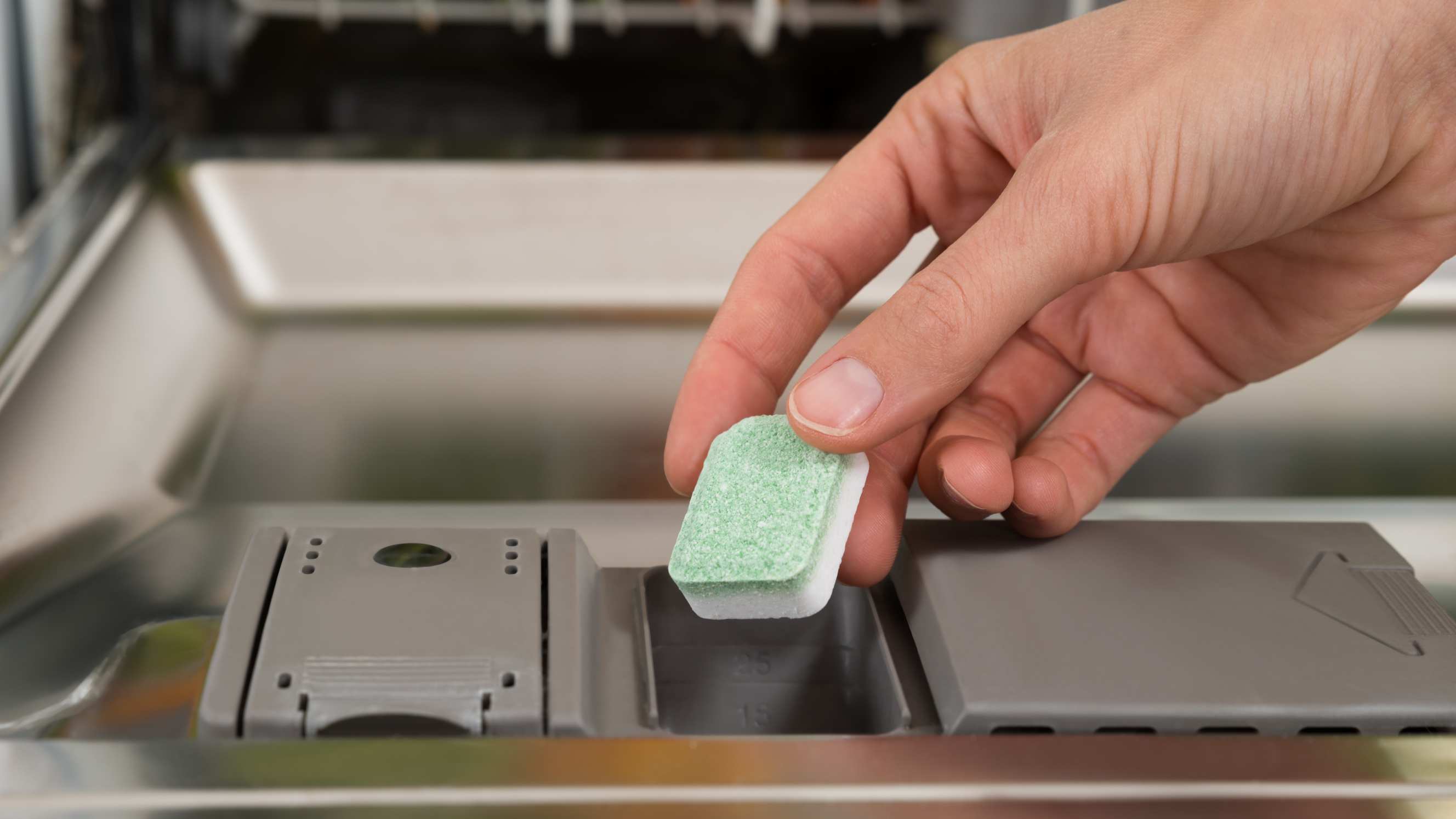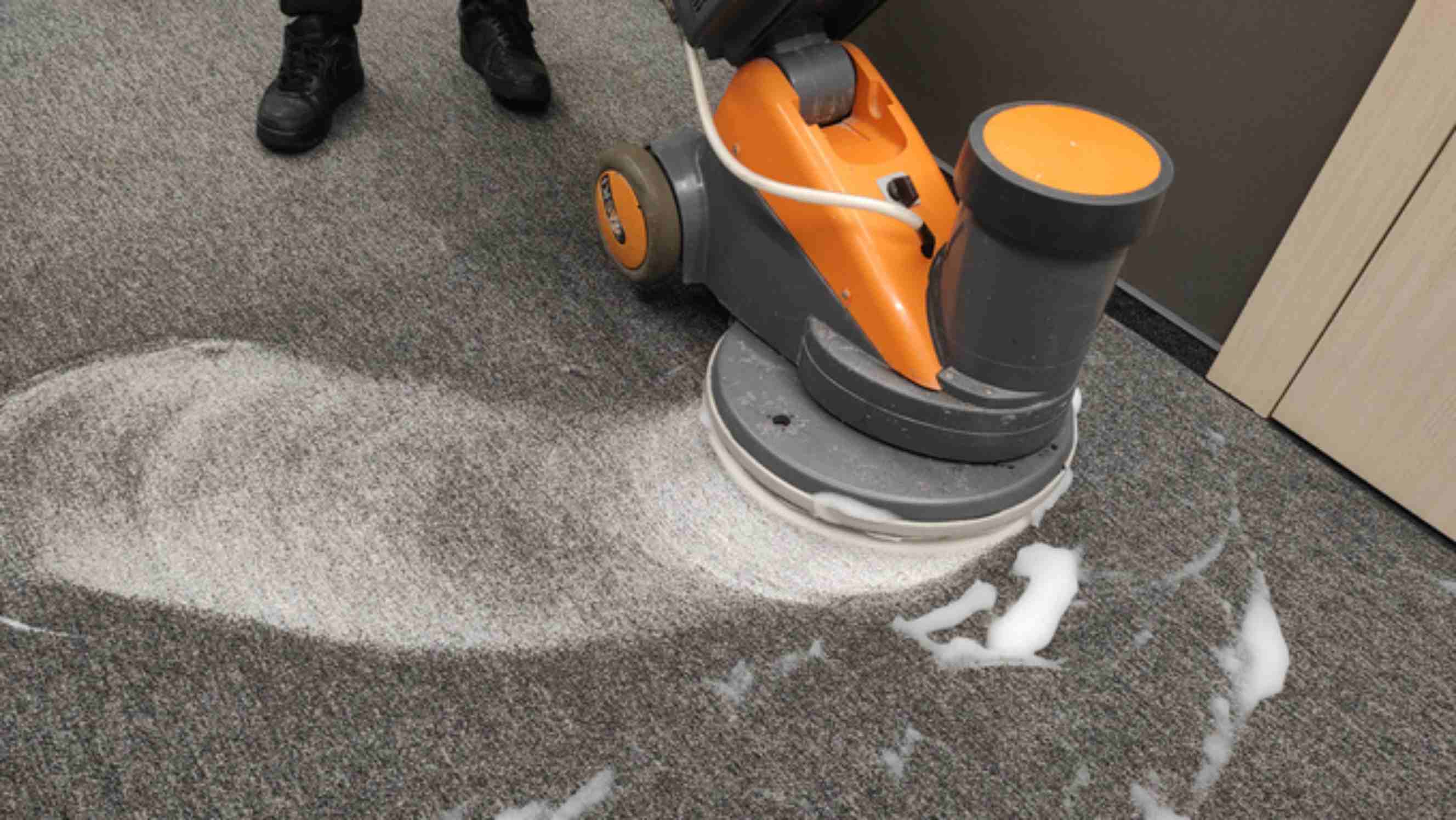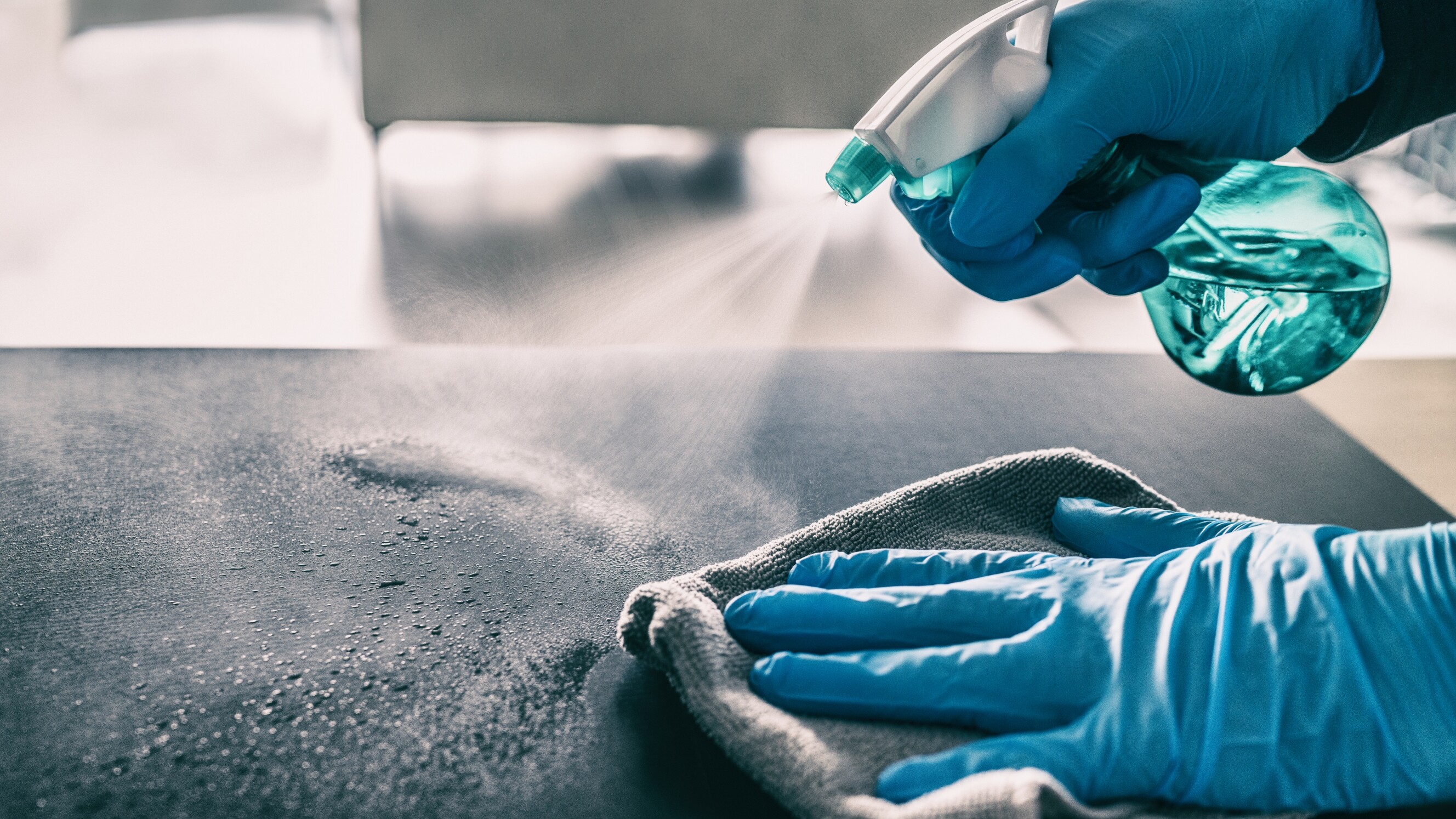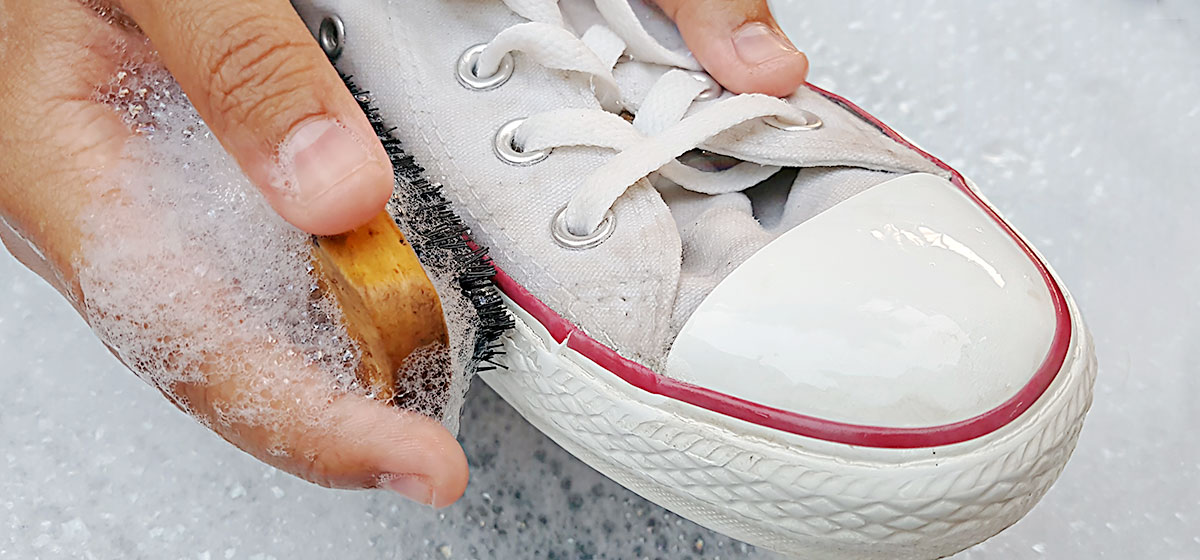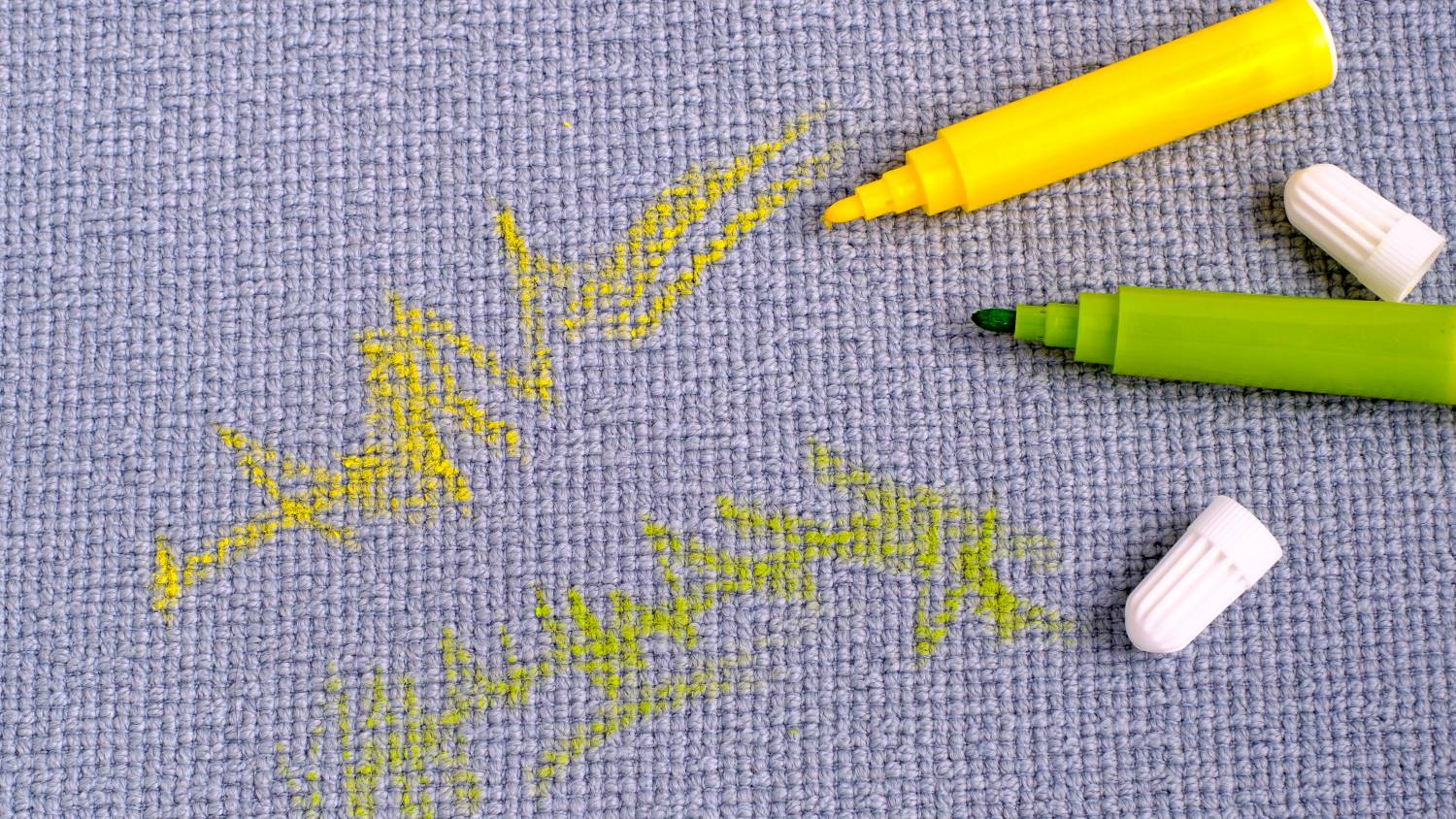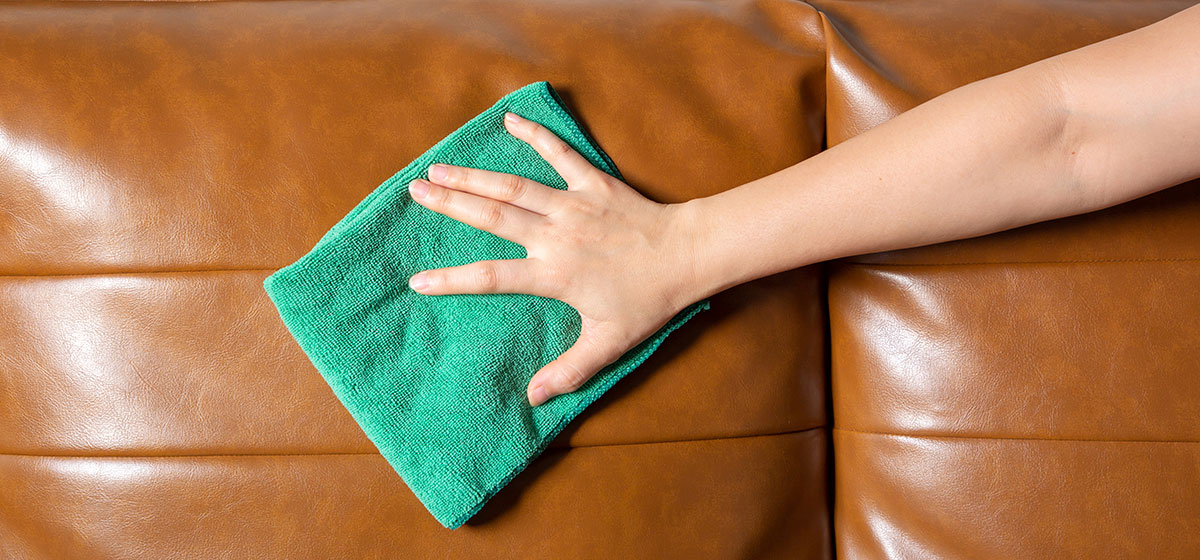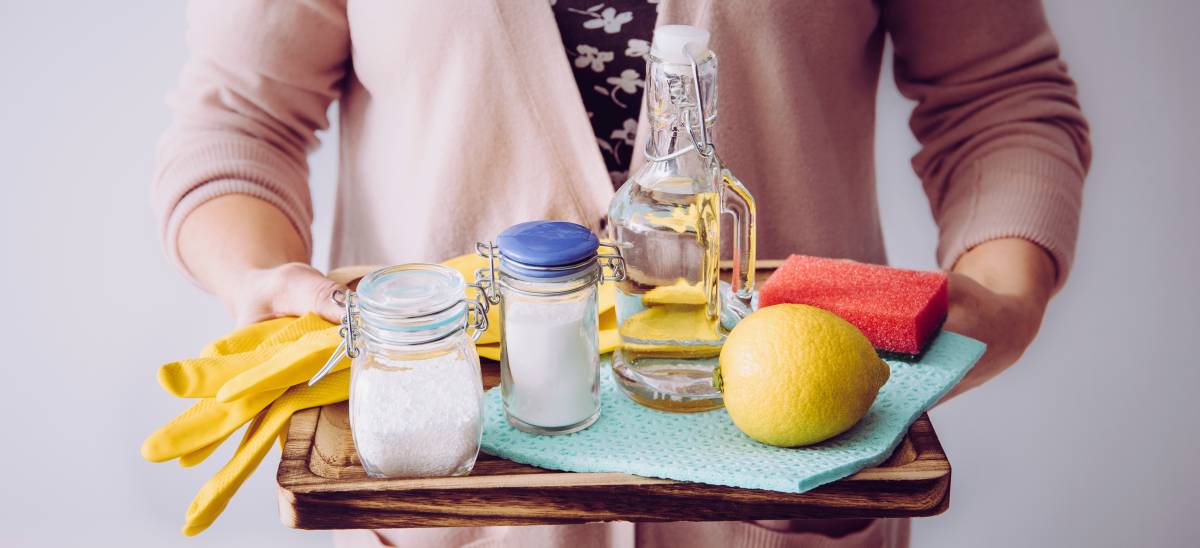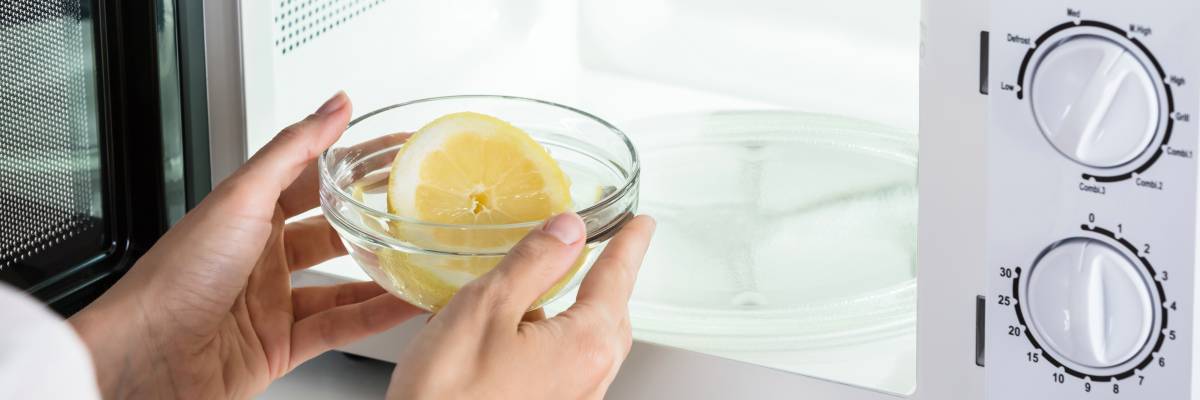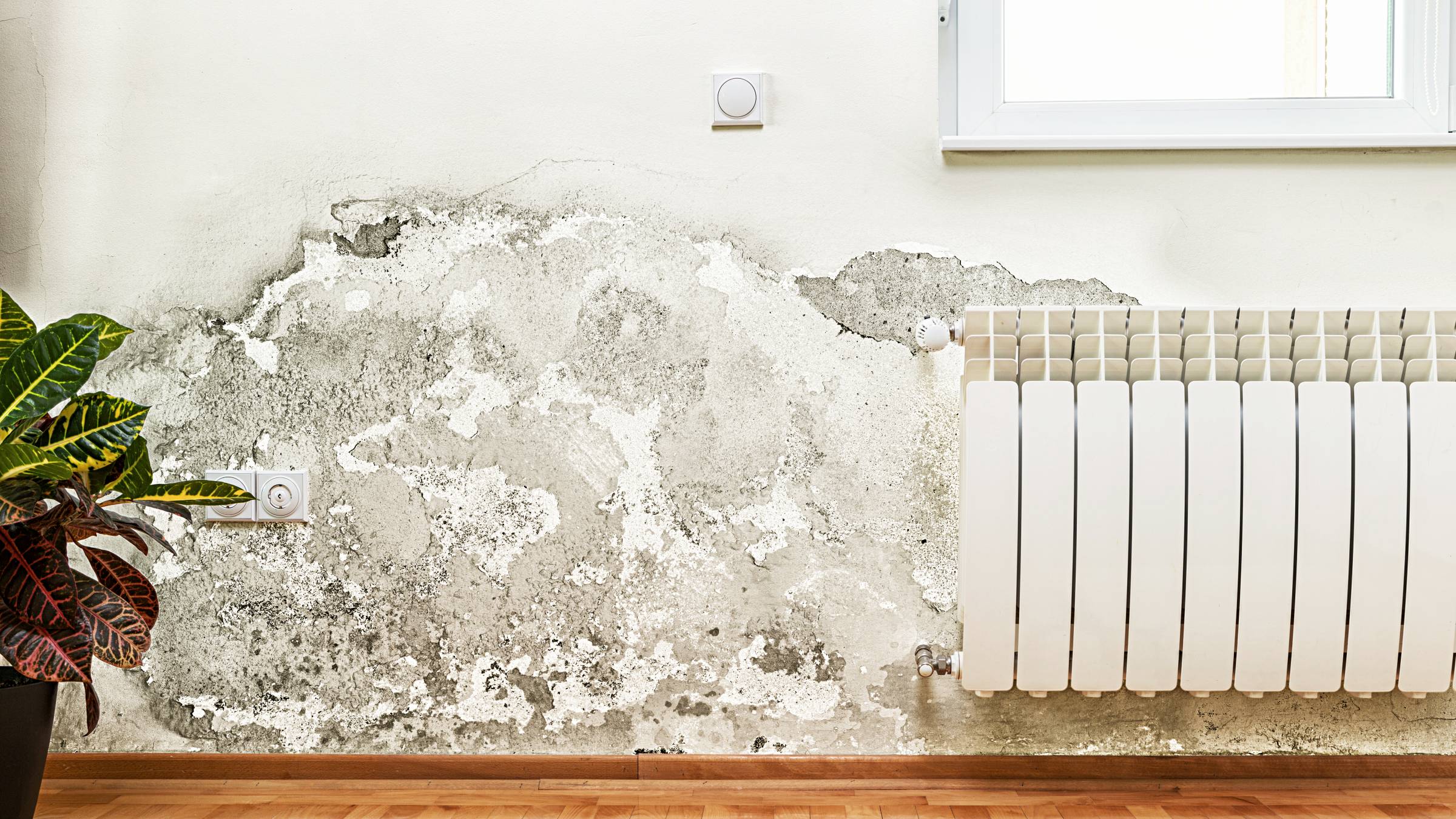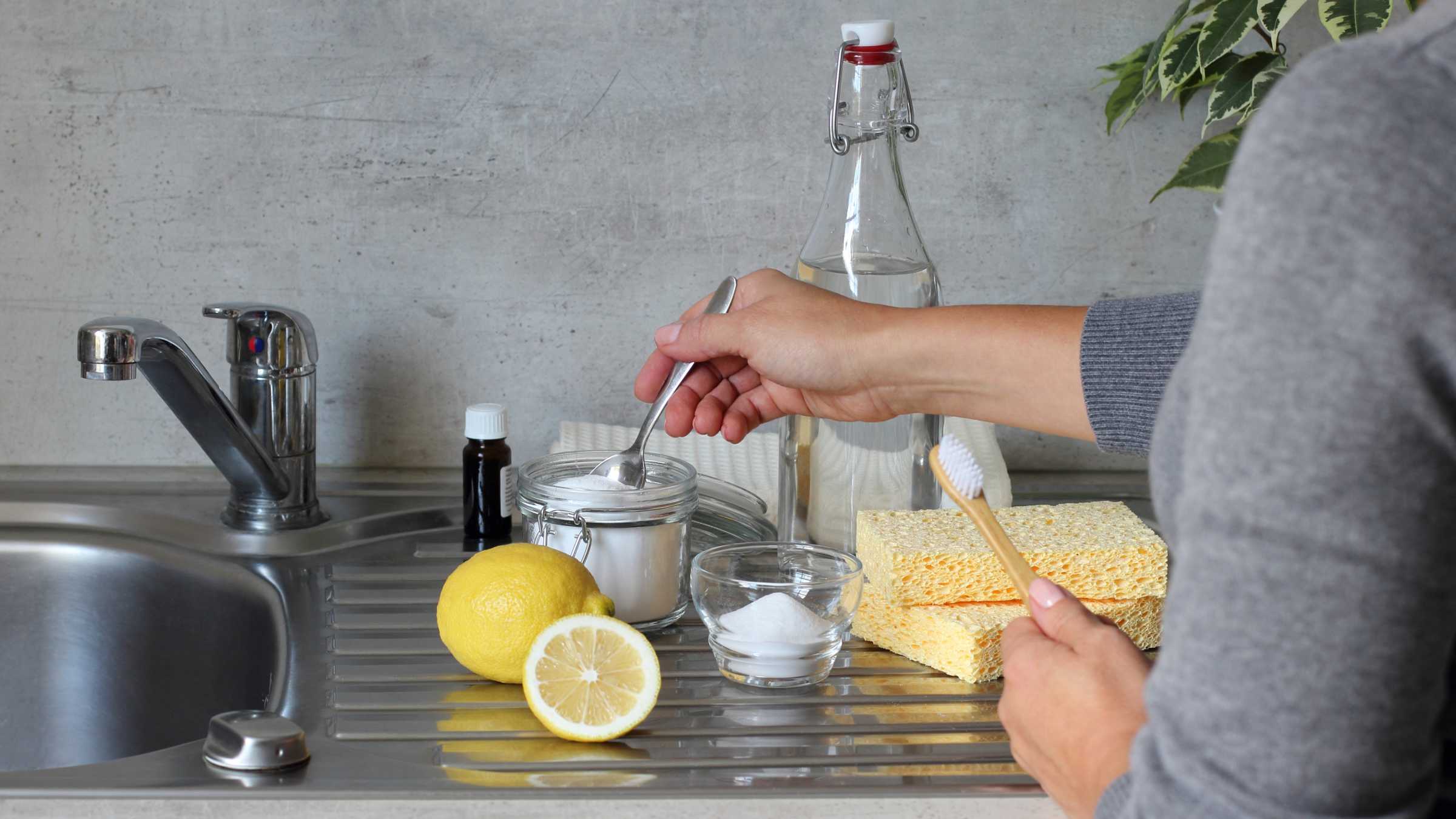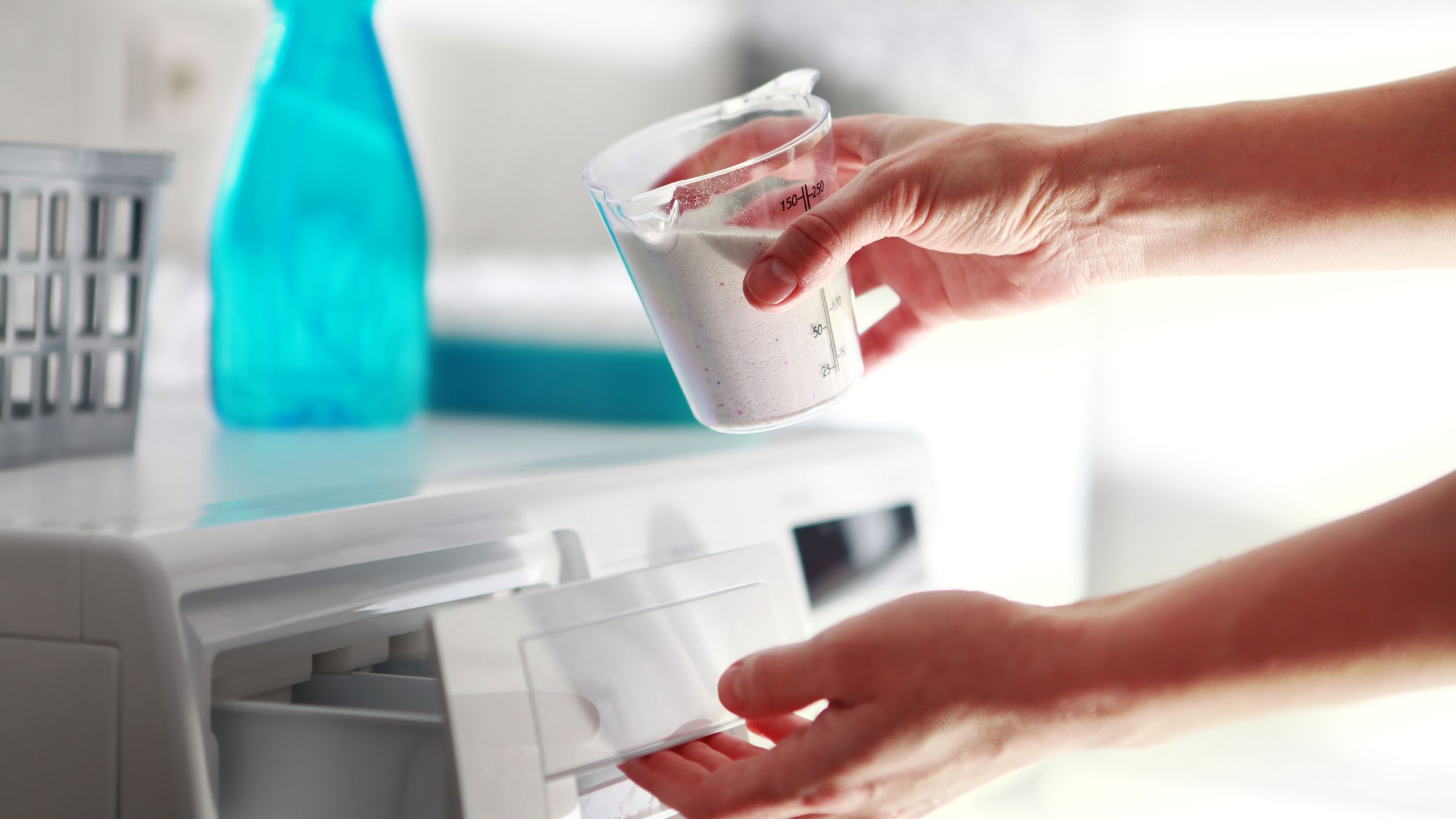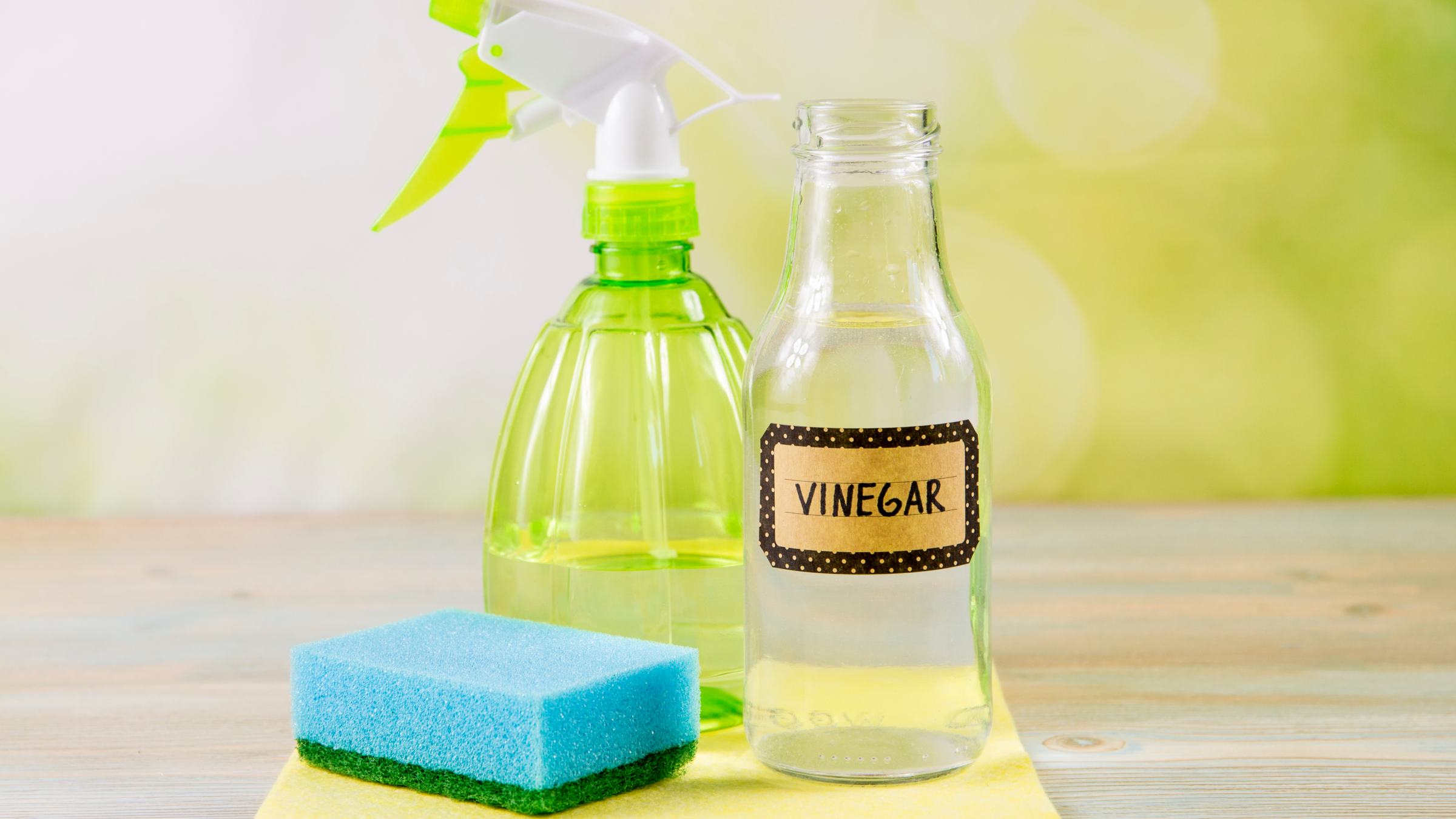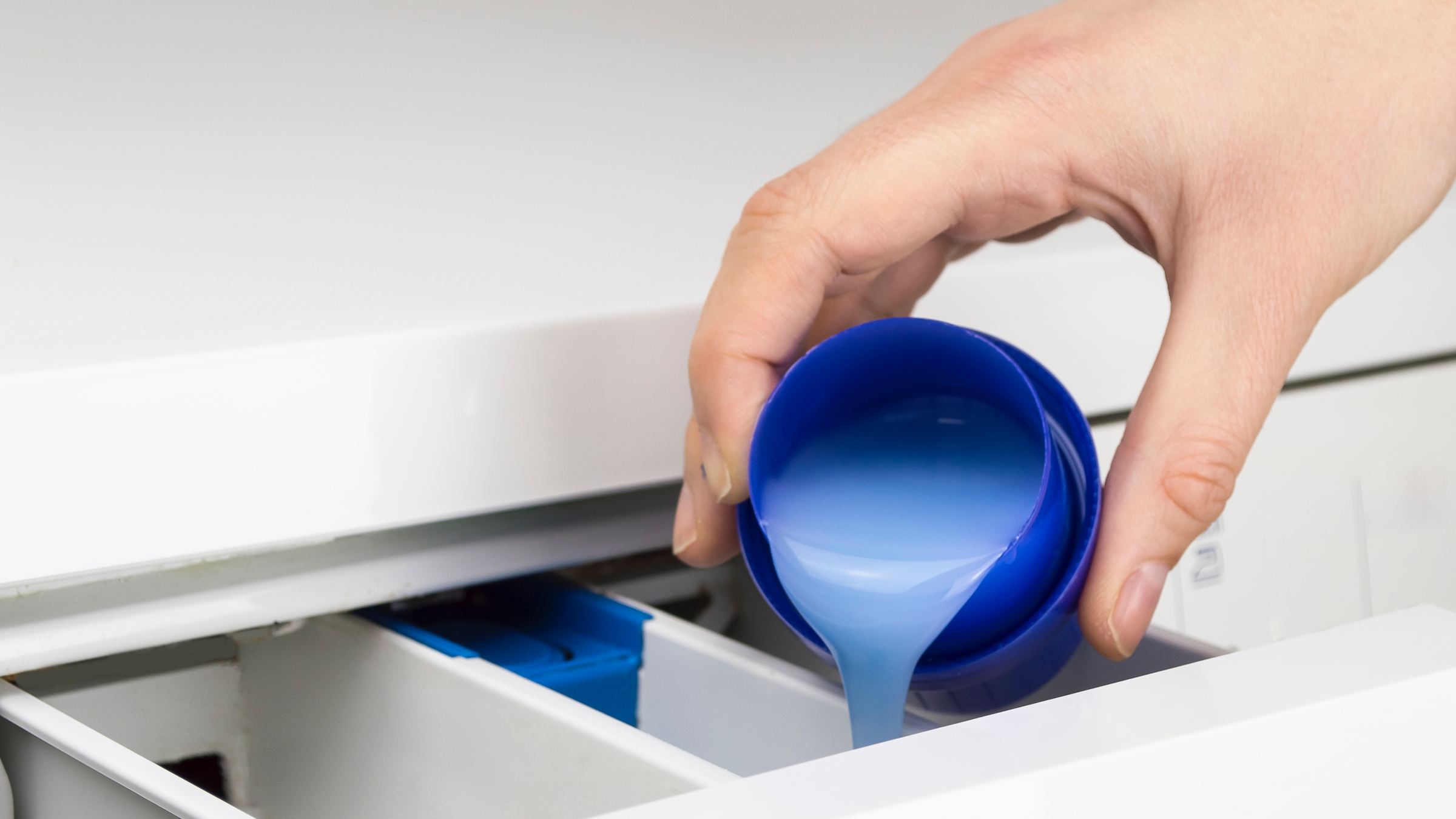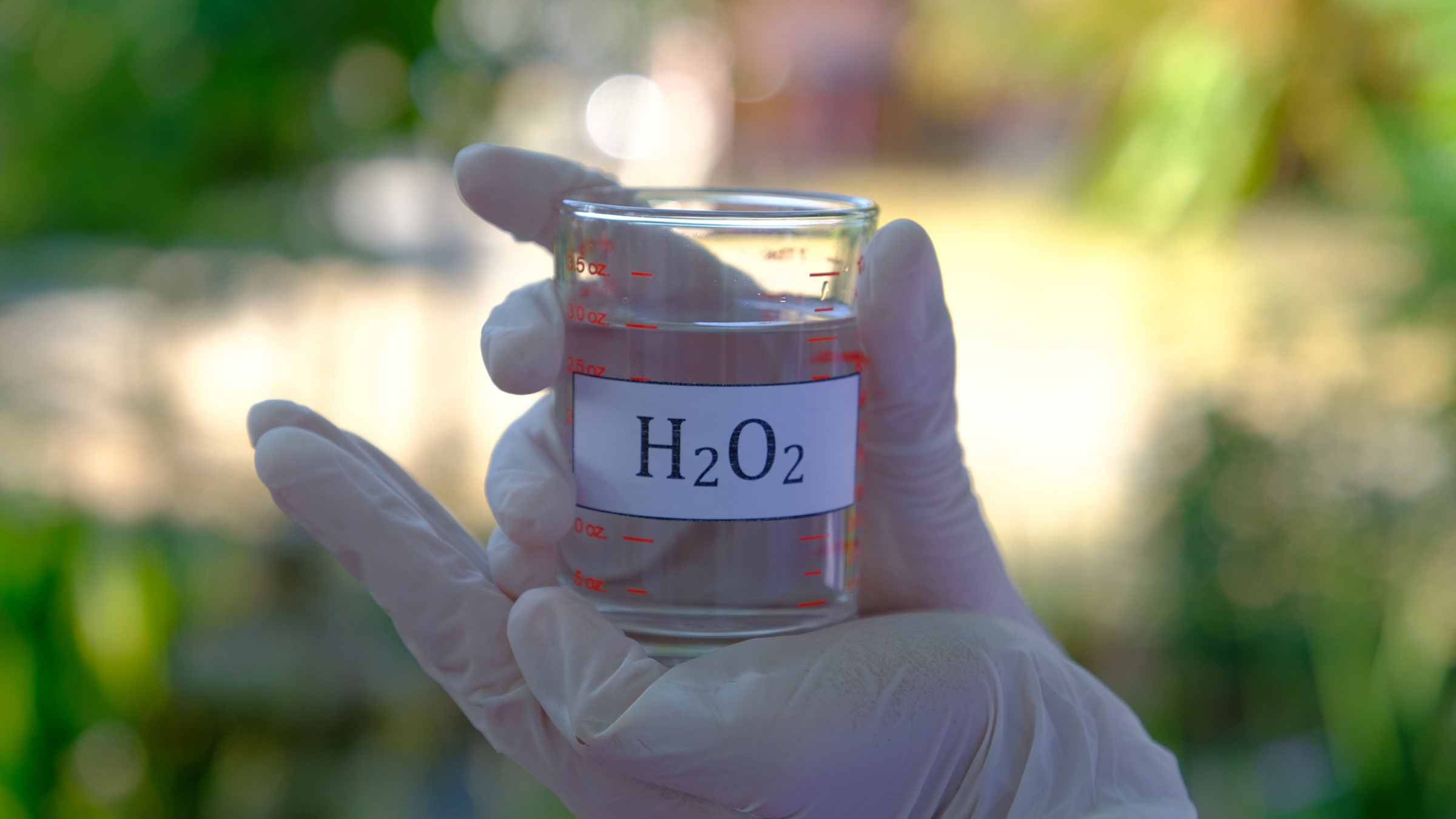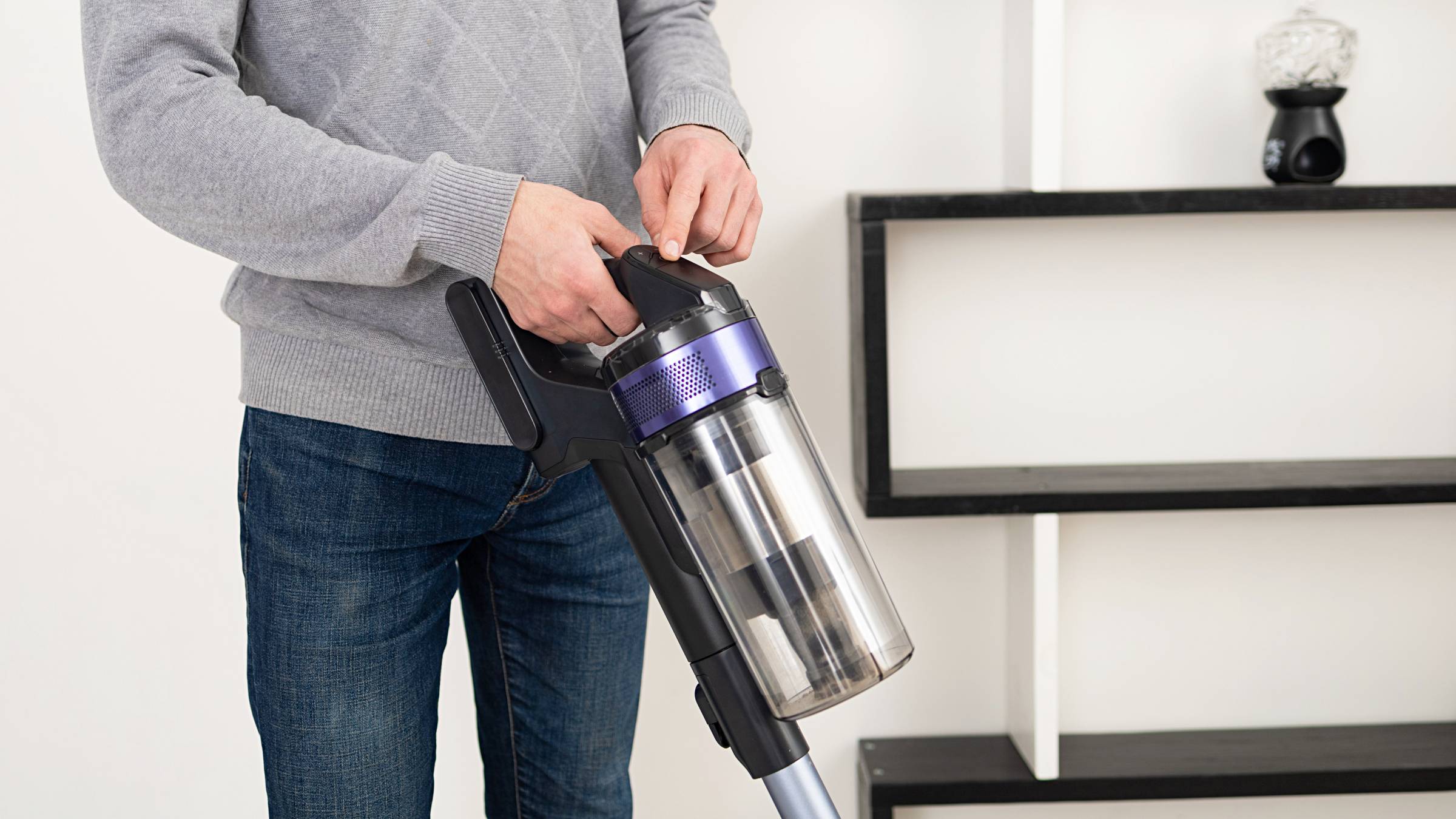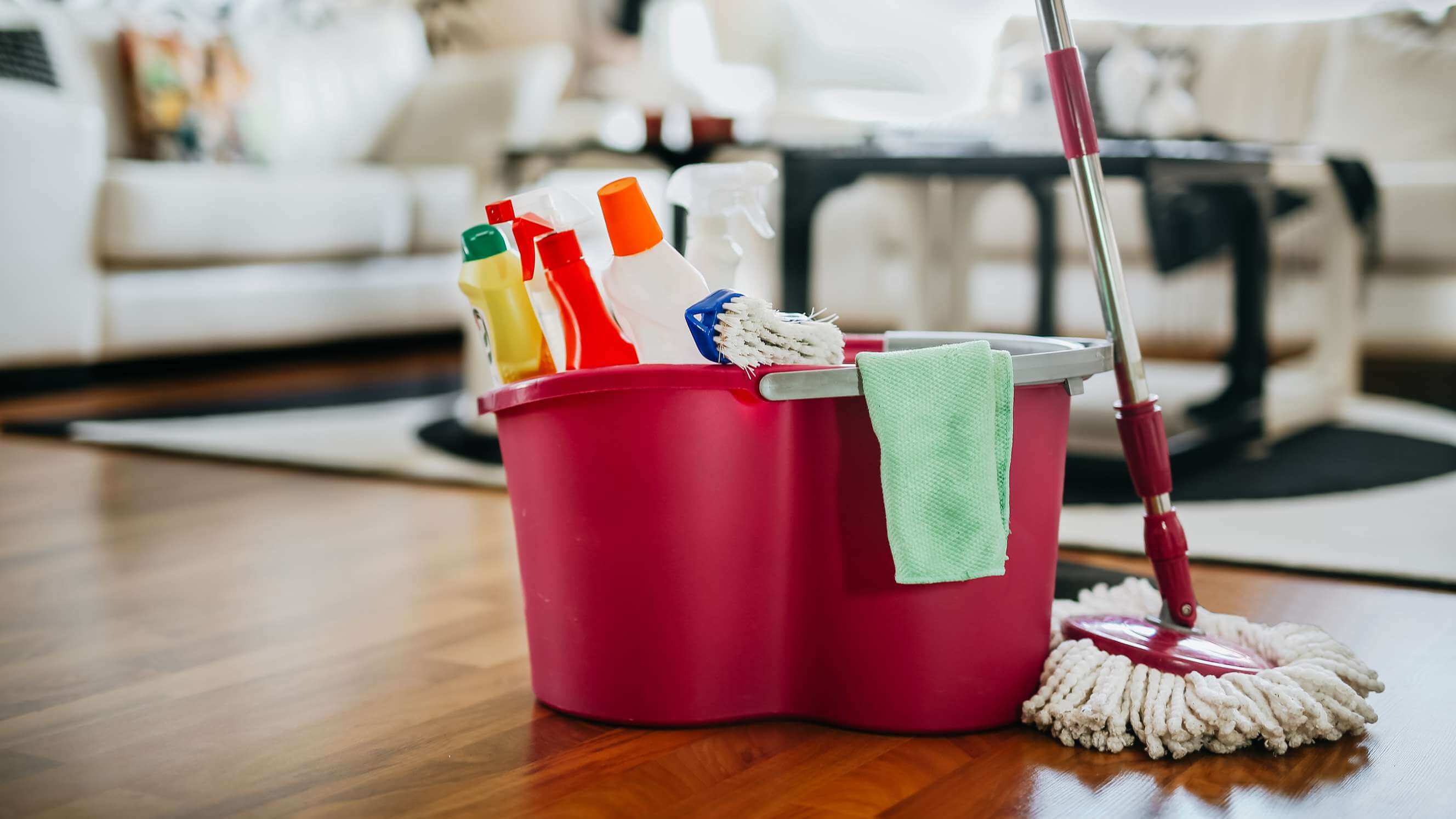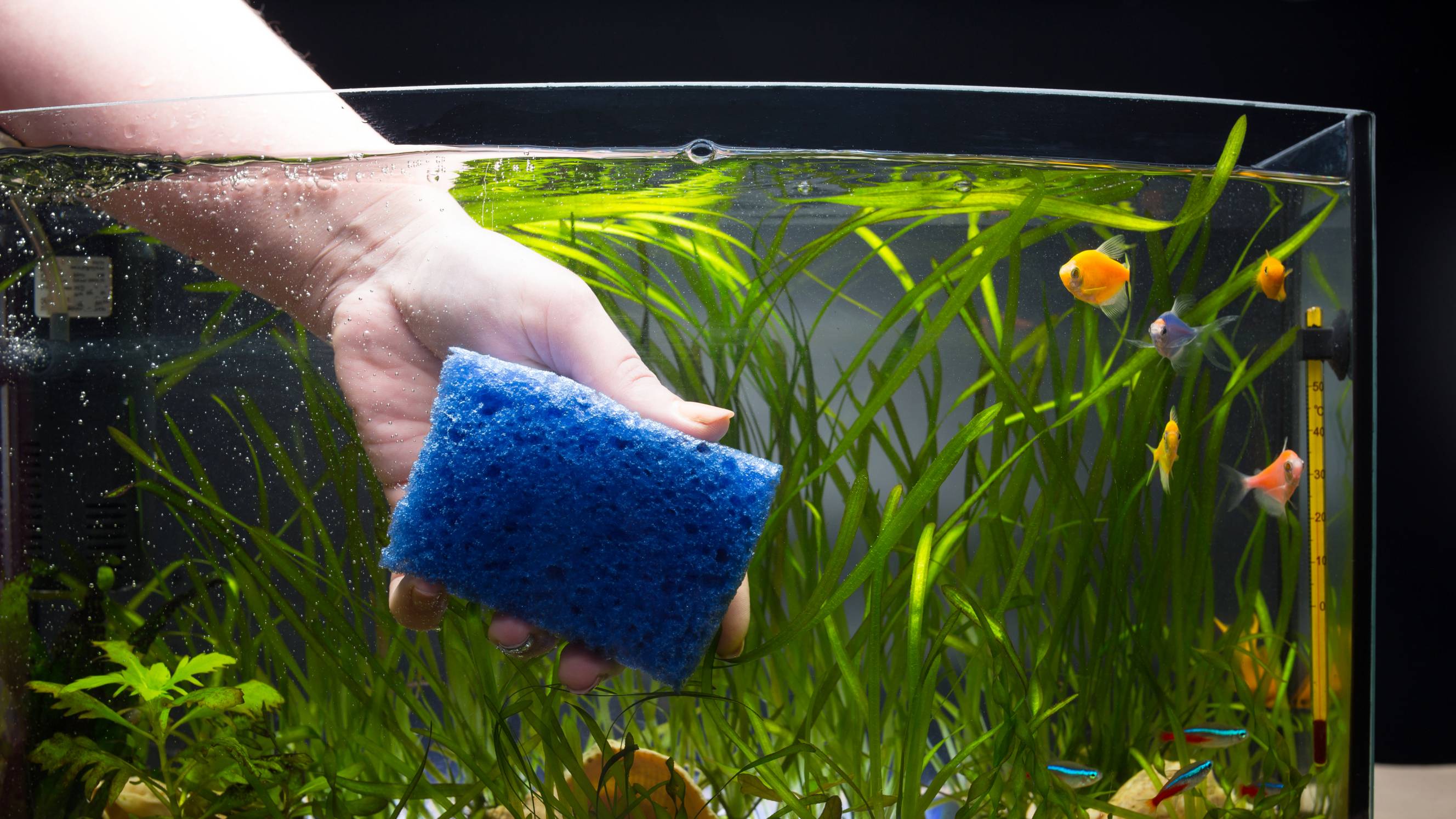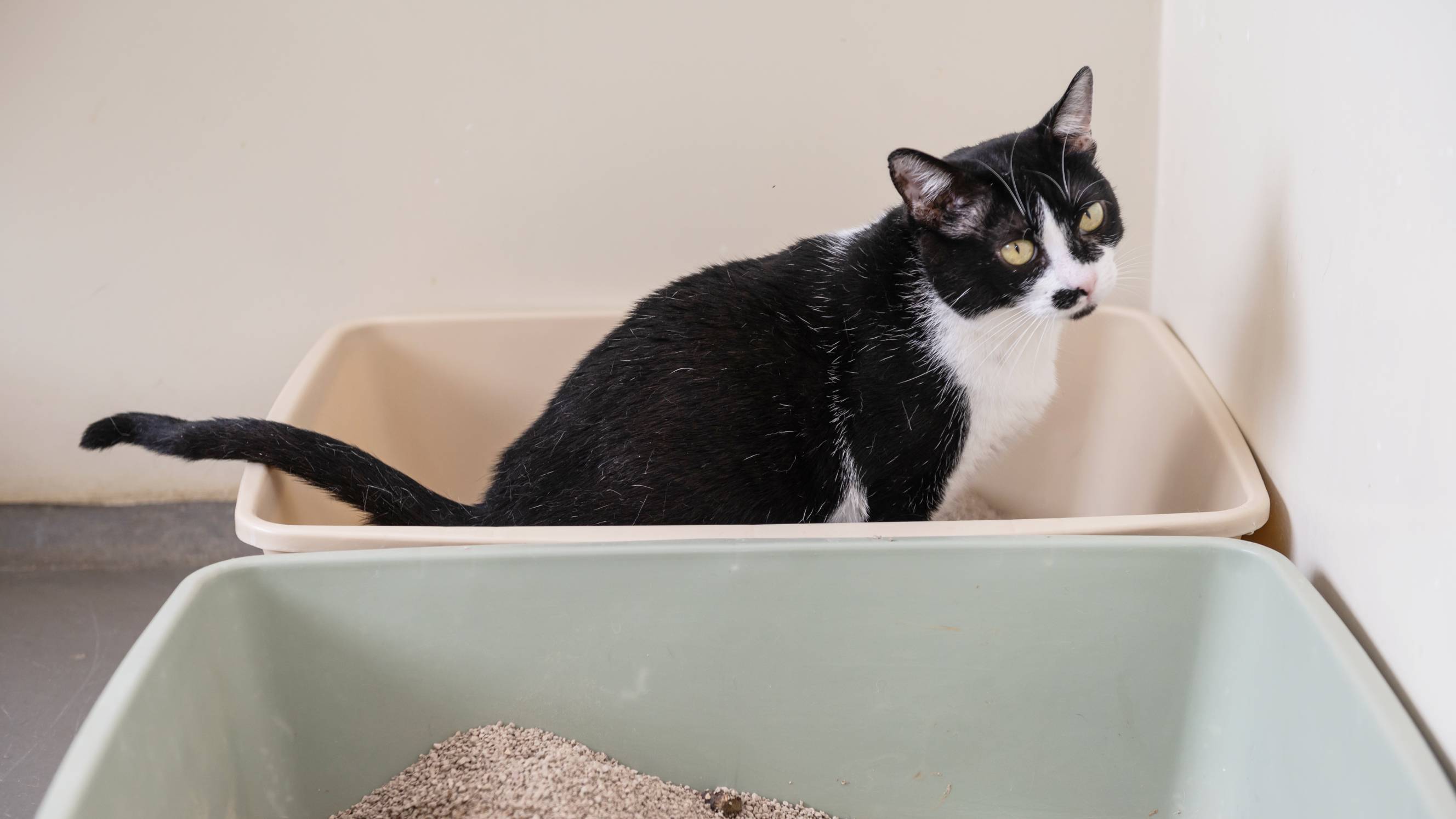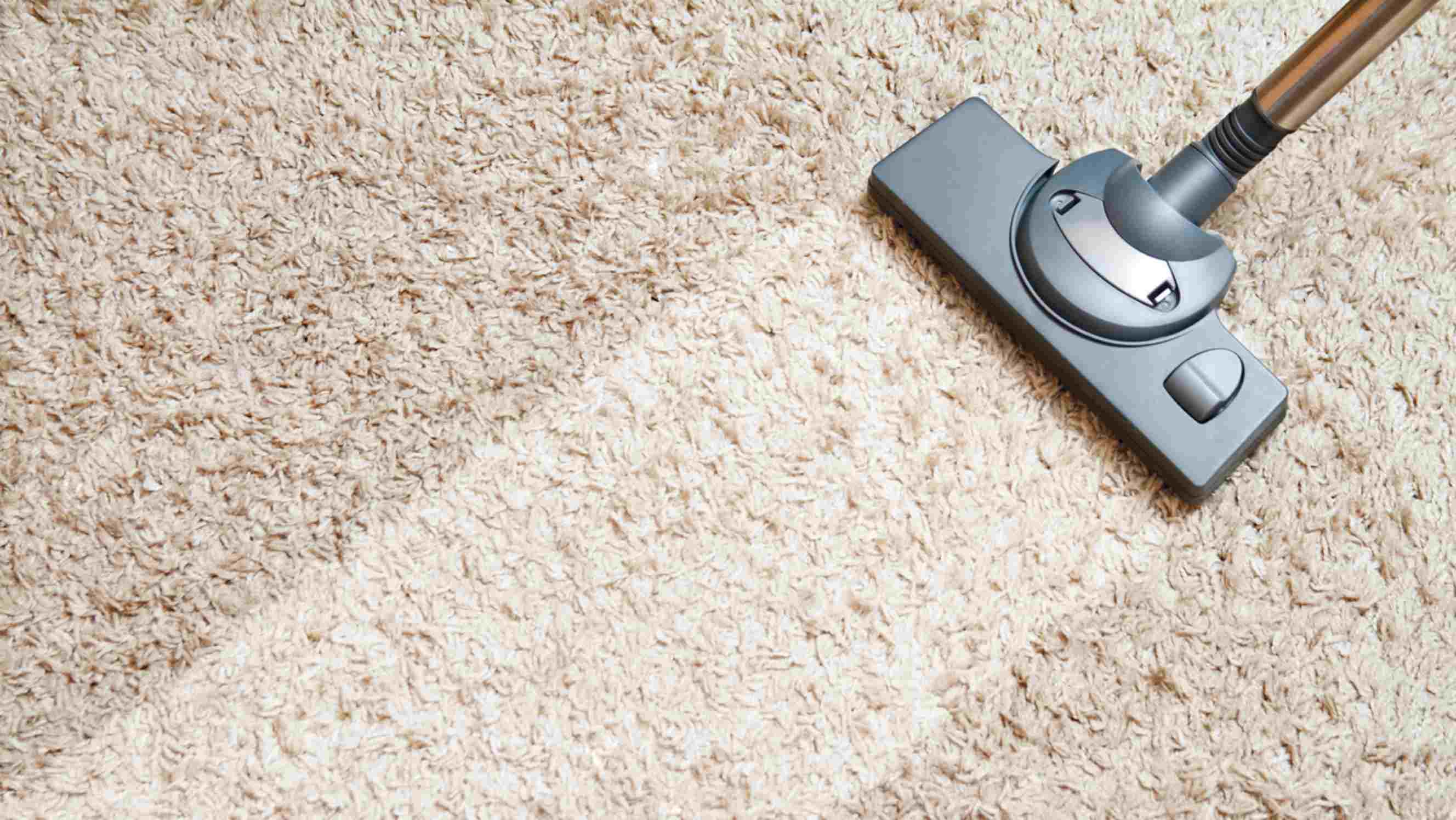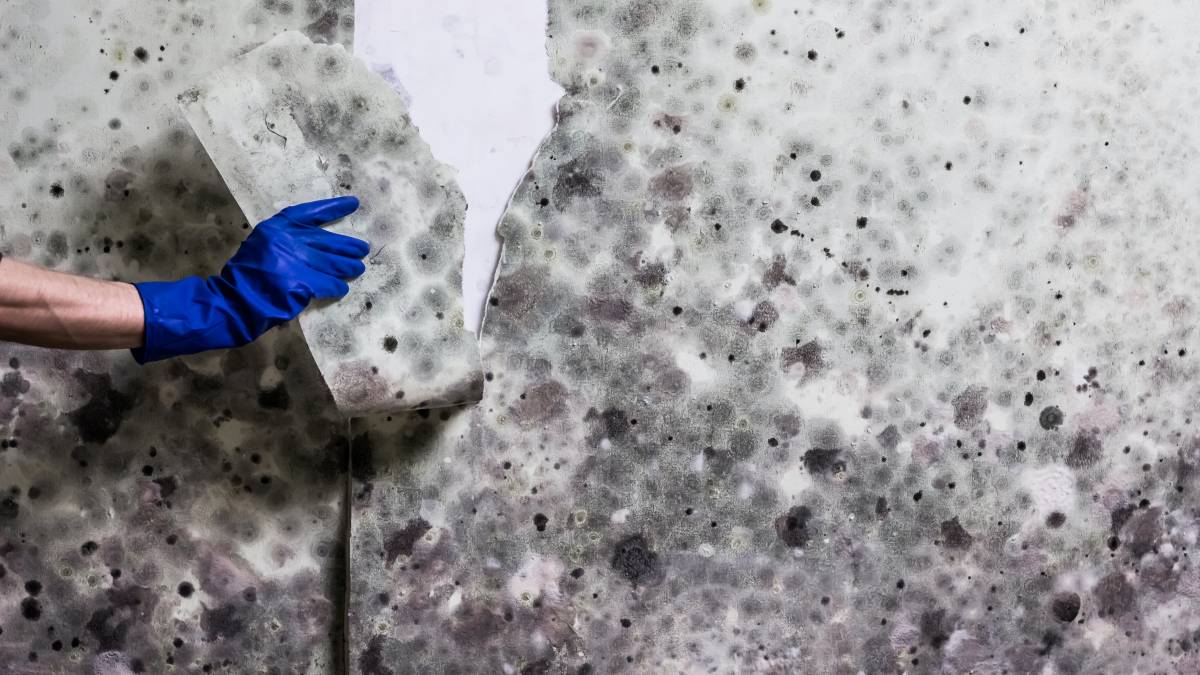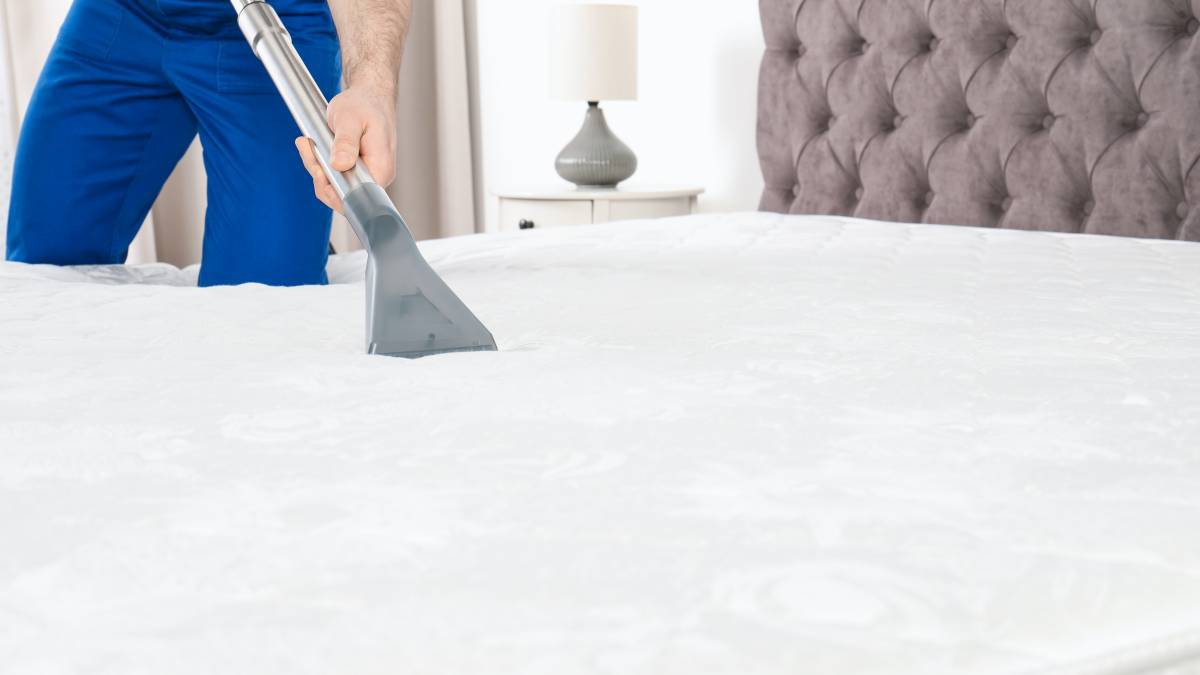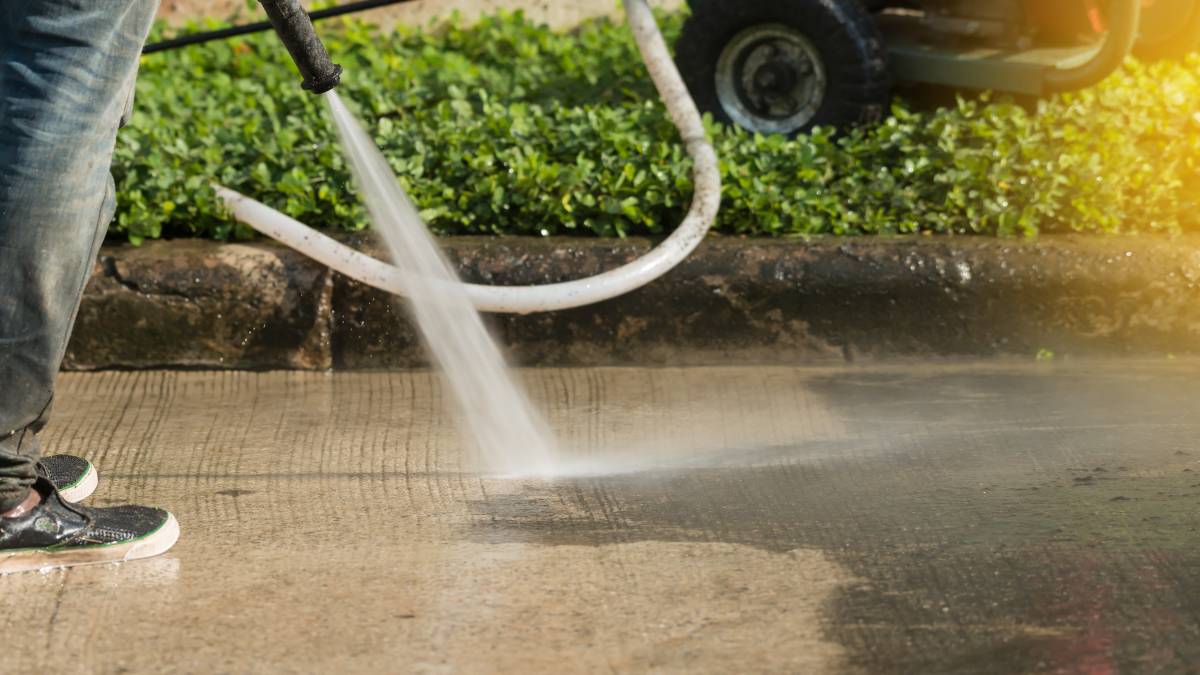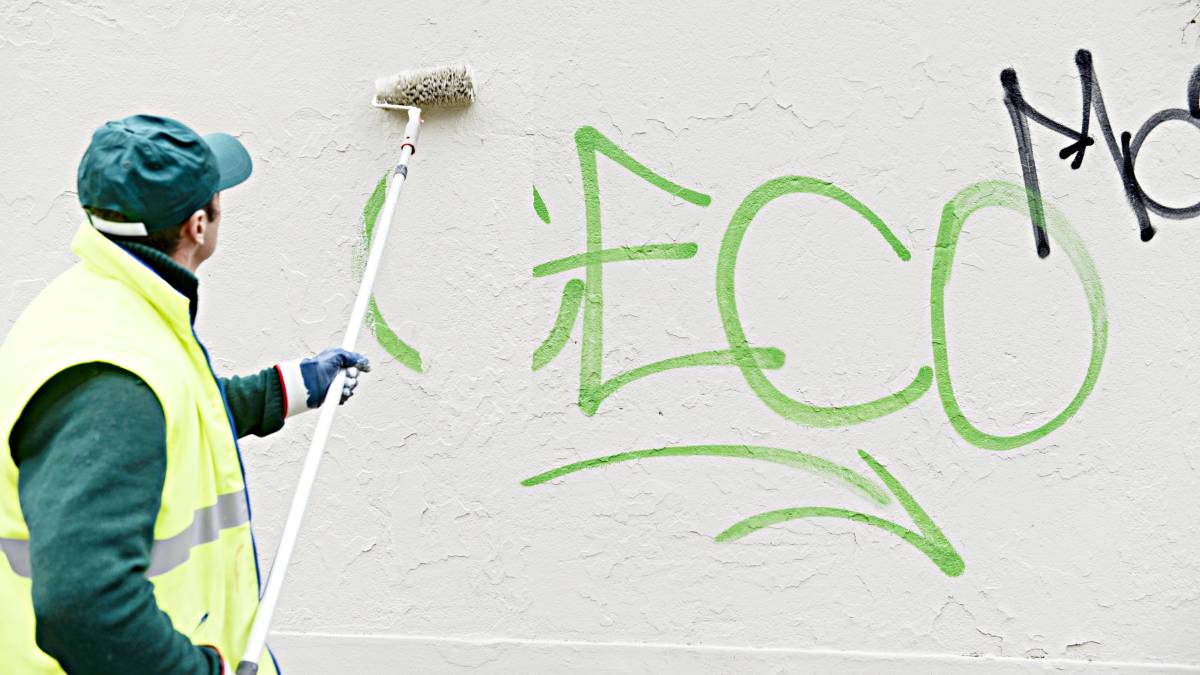- Home/
- Comparisons/
- Cleaning/
- Fabric Softener vs Detergent
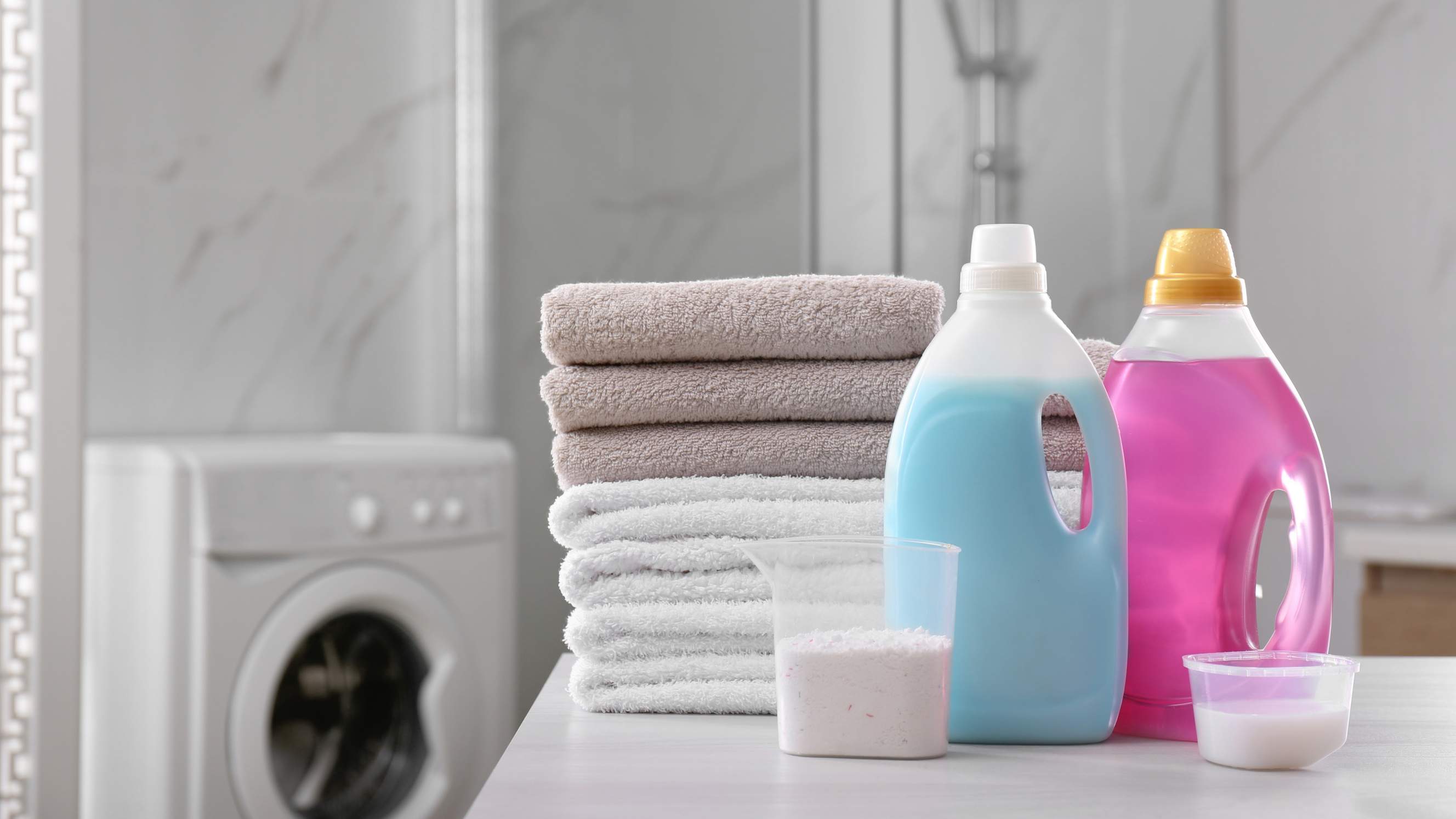
Fabric softener vs detergent: What’s the best for laundry?
Comparing fabric softener and detergent based on cleaning power, fabric softness, fragrance, and more.
Hire a laundry expertLast Updated on
Key Facts
- A fabric softener is a solution designed to soften and freshen fabrics during the laundry process.
- A detergent is a cleaning agent that removes dirt, stains, and odours from clothes and textiles.
The invention of fabric softeners took the world by storm. People were no longer satisfied with just having clean clothes — they wanted their clothes to be softer, smell better, and feel more comfortable on the skin.
However, this also led to a lot of confusion surrounding fabric softener vs detergent. Many people don't know the difference between the two, and some even wonder if they can be used interchangeably.
If you're one of these people, don't worry! This guide will talk about each and help you understand which one is best for your laundry needs.
What is a fabric softener?
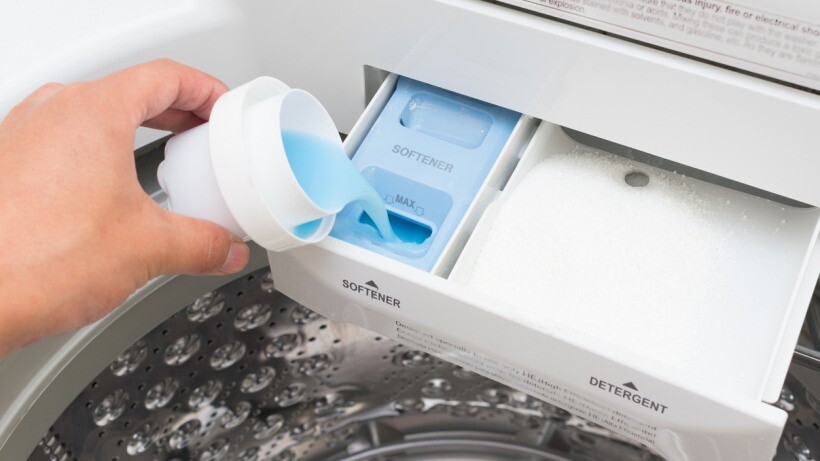
When you pull a shirt from the dryer, and it feels like wearing a cloud, that’s your fabric softener or fabric conditioner (as some people call it) working its magic. This fancy laundry add-on is a game-changer for keeping your clothes soft, cosy, and smelling fresh.
A fabric conditioner and softener’s goal is to condition your clothes and make them feel as good as they look. They coat the fibres of your clothes to reduce friction during the wash and rinse cycle. This results in softer clothes, which means your threads will less likely to stretch, fade, or get those pesky static shocks. In simpler terms, using a fabric softener gives your clothes and linens that extra bit of TLC.
What is a detergent?
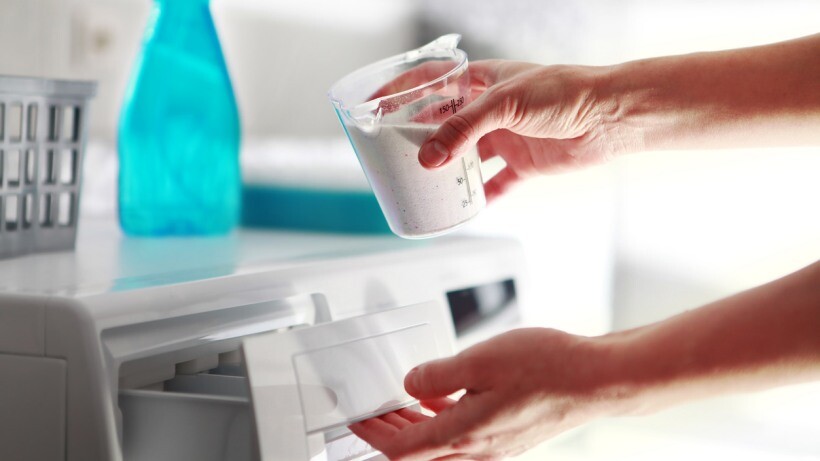
Detergents are the ones in charge of getting rid of the dirt and stains on clothes. Bio and non-bio laundry detergent each has its own unique way of tackling the grime depending on its ingredients and chemical composition. Bio detergents use enzymes to break down proteins, fats, and starches. On the other hand, non-bio detergents are kinder to sensitive skin as they opt for a more gentle approach to cleaning.
There are also powder vs liquid detergents. Powder detergents are great for heavy-duty cleaning, while liquid detergents are better for pre-treating stains and getting into tight spots like collars and cuffs.
No matter what you’re dealing with, there’s a detergent out there ready to rescue your clothes and make them look as good as new. You just need to throw your laundry into the machine with a good detergent, and you’re all set.
Fabric conditioner vs detergent: What are their key differences?
When it comes down to laundry day or stocking up your stylish new laundry area, taking your pick between a detergent and a fabric conditioner will surely stop you in your tracks. But you don’t have to stay wondering for long. This guide will break down their differences and when to use which.
In terms of cleaning power
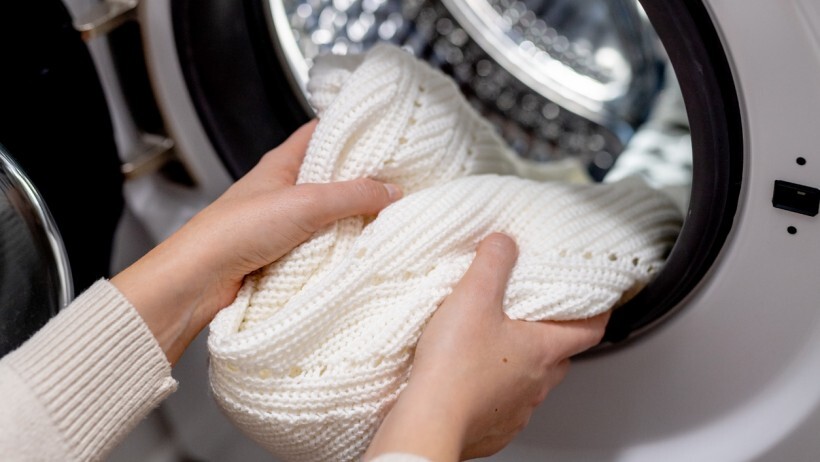
Fabric conditioner and detergent serve distinctly different purposes in the laundry process. While a detergent’s job is to remove dirt and stains from your clothes, fabric conditioner or softener doesn’t contribute to the cleaning. Instead, it softens fabrics and reduces static, so your clothes feel more comfortable against your skin.
Now, you might wonder, does fabric softener clean clothes? The answer’s a straightforward no. It’s the detergents that tackle the tough spots and grime, whether you’re using top-load or front-load washers. These machines differ in their mechanism, but the underlying fact remains the same – detergent cleans and fabric softener softens.
In terms of fabric softness

When it comes to making your clothes feel softer, the fabric softener stands out. As a cloth conditioner, it enhances the fabric feel and makes each garment more comfortable. You’ll find that after using them, your clothes not only smell fresh but also have that luxurious, soft touch.
However, it’s crucial to know that not all laundry softeners are created equal. Some might leave a residue that affects fabric breathability, especially in sportswear and moisture-wicking fabrics. That’s why exploring other choices is highly beneficial. There are products specifically designed to maintain softness without compromising the fabric’s functionality.
Detergents, on the other hand, don’t have any effect on fabric softness. They’re solely responsible for eliminating dirt, grease, and other stains. There are some variants that might claim to have softening properties, but they’re not as effective as fabric softeners.
In terms of fragrance

Fragrance plays a major role in our laundry routine. Surely, many of us prefer clothes that smell as clean as they look.
Luckily, detergents often come packed with a variety of scents, from fresh linen to tropical breezes. The intensity and longevity of the fragrance can vary greatly between products, but detergents only offer a subtle scent that fades quickly.
Meanwhile, certain fabric softeners are formulated to keep your garments smelling fresher for longer. It’s worth experimenting with different brands and types to find the perfect match for your nose and wardrobe.
In terms of colour protection
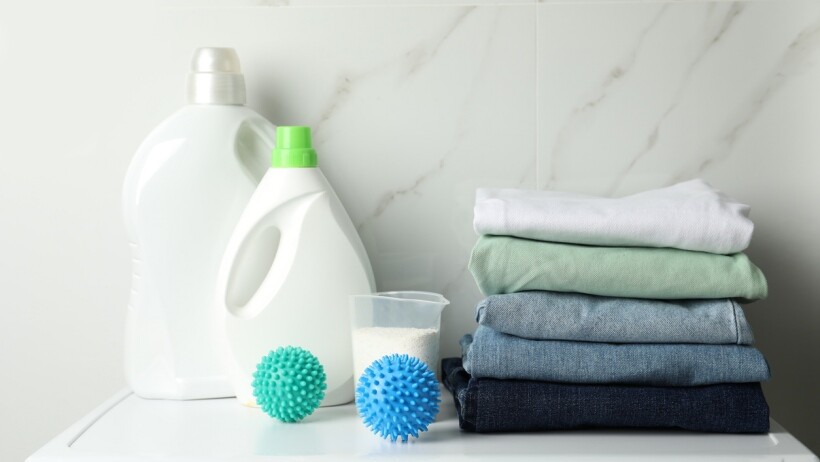
Nobody wants their favourite red sweater to turn pink or their crisp white shirts to become dull. That’s why it’s important to know that detergents are great at removing dirt, but they don’t specifically protect colours.
Some washing laundry liquid formulas boast colour-protecting agents aimed at keeping your vibrant hues as dazzling as the day you bought them. However, it’s the fabric softener that indeed prevent colours from fading. They contain ingredients that coat the fibres and protect them from harsh chemicals in the washing machine.
In terms of fabric longevity
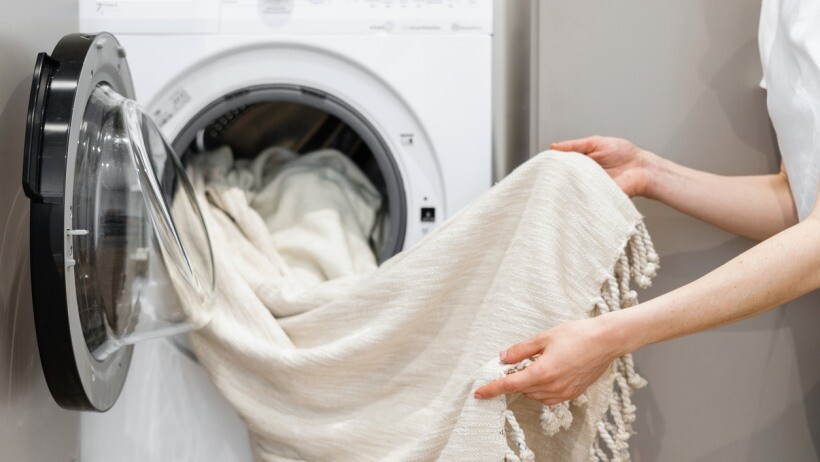
It’s a long-standing belief that using laundry detergent for washing machines affects the quality and longevity of your clothes. This is partly true since harsh chemicals in some detergents can damage delicate fabrics like silk or wool. But, overall, the main factor that affects fabric wear and tear is the washing machine itself.
However, if you’re still worried, know that fabric softeners can extend fabric life. They make clothes softer and prevent them from wearing down too quickly by reducing friction during the wash cycle. They also guard against the rough and tumble of washing.
In terms of cost
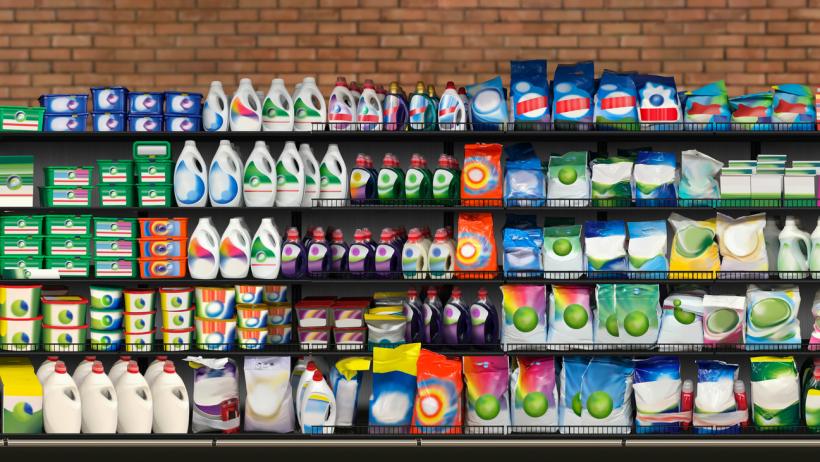
In your grocery runs, you’ll find that detergents generally come with a higher price tag. That’s because they’re tasked with the heavier job of removing dirt and stains from your clothes. On the flip side, fabric softeners, while beneficial for preserving fabric quality and colour vibrancy, are often seen as an optional extra.
The price range for liquid fabric conditioners spans from $1.93 for a basic 250-mL sachet to $44.95 for premium 4-litre packs. Notably, eco-friendly options present a mid-price range that appeals to the environmentally conscious. Bulk buying is also a choice for those looking to reduce the per-litre or per-wash cost significantly.
In contrast, the price range for liquid laundry detergents is between $9.12 and $39.99 depending on the volume. Specialty detergents that are made for people with sensitive skin or those that have enhanced stain removal are priced around $125.44.
Streamline your laundry routine with Airtasker
Finding the perfect balance between detergents and fabric softeners can be a chore in itself. But, here's a little secret — the Airtasker platform can make it all a breeze by connecting you with the nearest local cleaners who can help with your laundry.
Whether you're swamped with work, trying to juggle family life, or simply want to take a break from the laundry room, posting your task on the site offers a solution that will simplify your laundry routine.
With pros ready to handle everything from cleaning to a bout of laundry, why not take the hassle out of your laundry routine? Post a task today and connect with skilled Taskers who can turn your laundry pile into a worry of the past. Remember, life's too short to spend it in the laundry room.
Fabric softener vs detergent
| Fabric Softener |
Detergent |
|
| Cleaning Power |
Doesn’t clean but softens fabric |
Removes dirt, stains, and odours |
| Fabric Softness |
Makes fabrics soft and cosy |
No effect on softness |
| Fragrance |
Long-lasting scent |
Subtle, quick-fading scent |
| Colour Protection |
Protects colours during wash |
Doesn’t protect colours |
| Fabric Longevity |
Extends fabric life by reducing friction |
Strong variants may damage delicate fabrics |
| Cost |
Generally less expensive |
More expensive, varies by type |
FAQs on fabric softener and detergent
If you use fabric softener instead of detergent, then you’d most likely end up with clothes that are still dirty despite smelling nice. This is because fabric conditioners are meant to improve softness and fragrance of clothes after washing, but not really clean them. There might still be visible stains and dirt on the fabric as well.
The choice between bio and non-bio laundry detergent depends on personal preferences and skin sensitivities. Bio detergents contain enzymes that are effective at removing stains at lower temperatures but may irritate sensitive skin.
There’s no difference between fabric softener and fabric conditioner. These terms are used interchangeably to describe the same product, which is used to make clothes feel softer and fresher after washing.
Find cleaners, fast
Post a task
Related articles
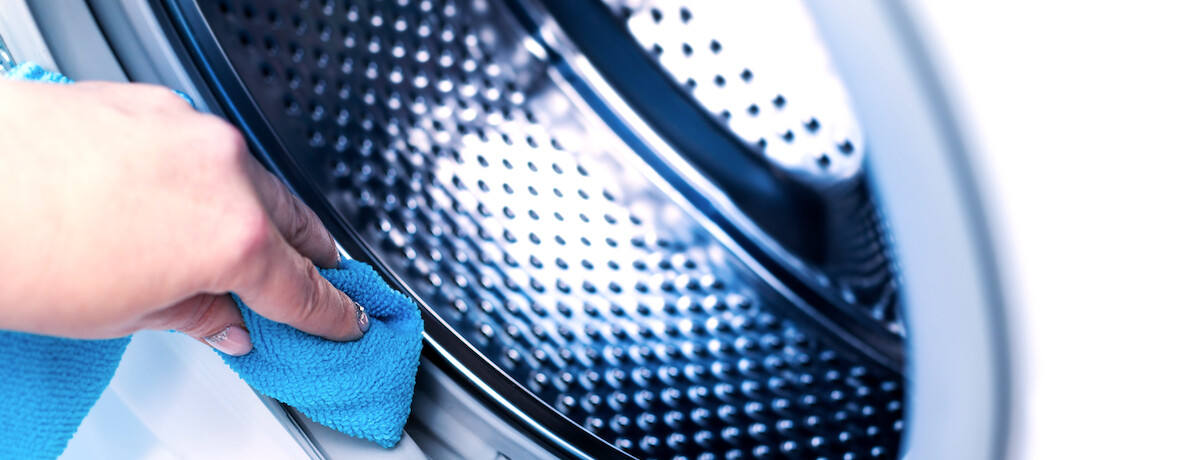
How to best clean a washing machine
Read more
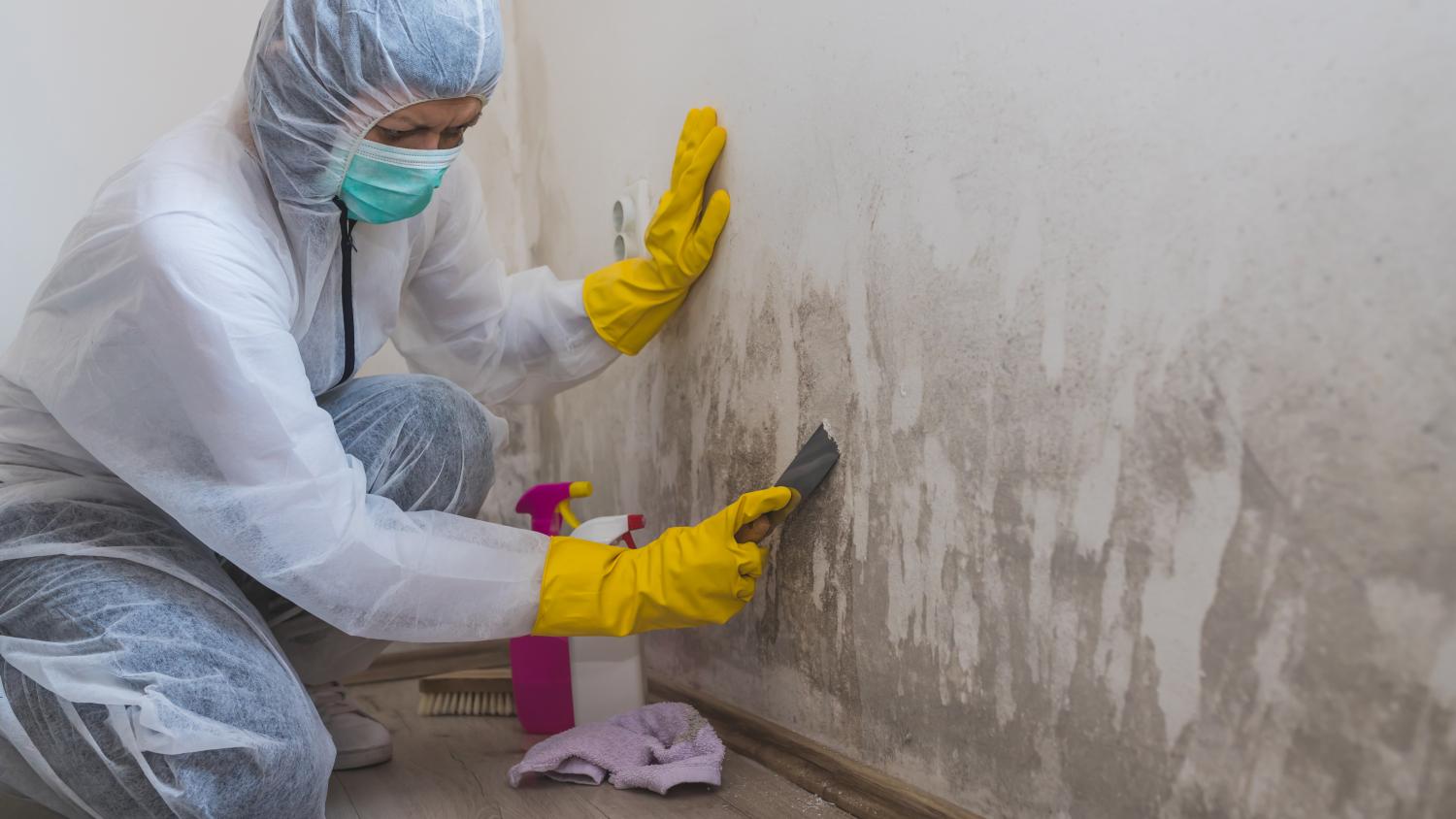
How to get rid of mould at home
Read more

How to clean your home after a flood
Read more

How to price pressure washing jobs
Read more

How to get a cleaning certificate
Read more
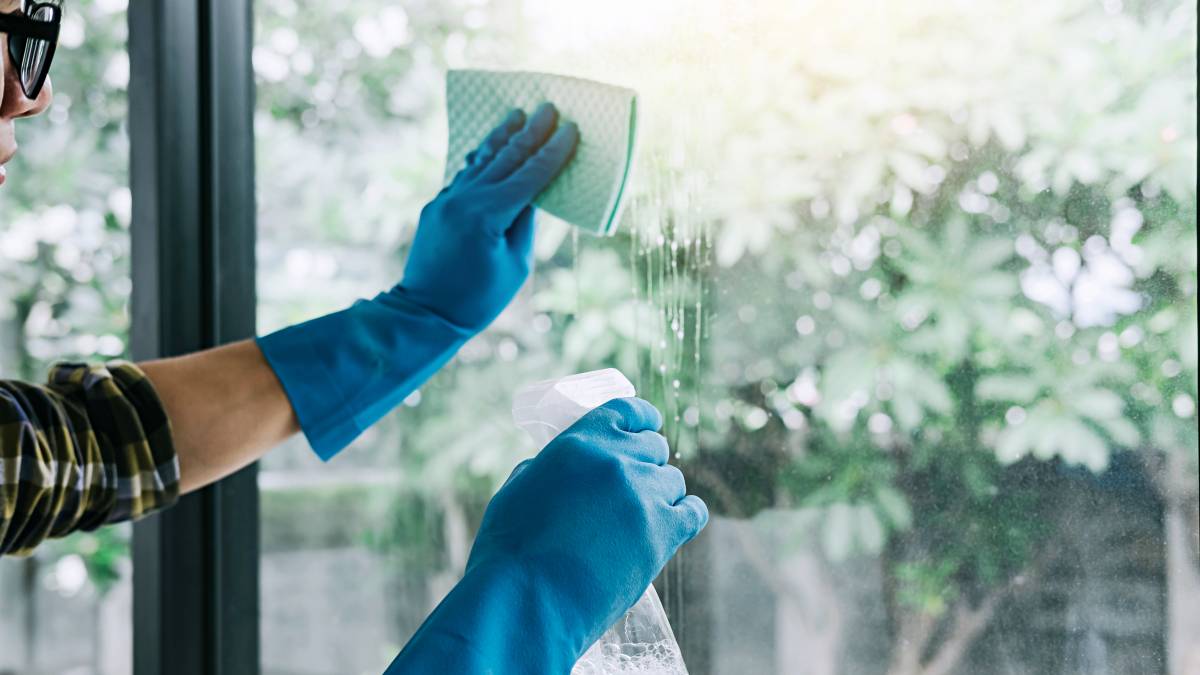
How to price cleaning jobs
Read more
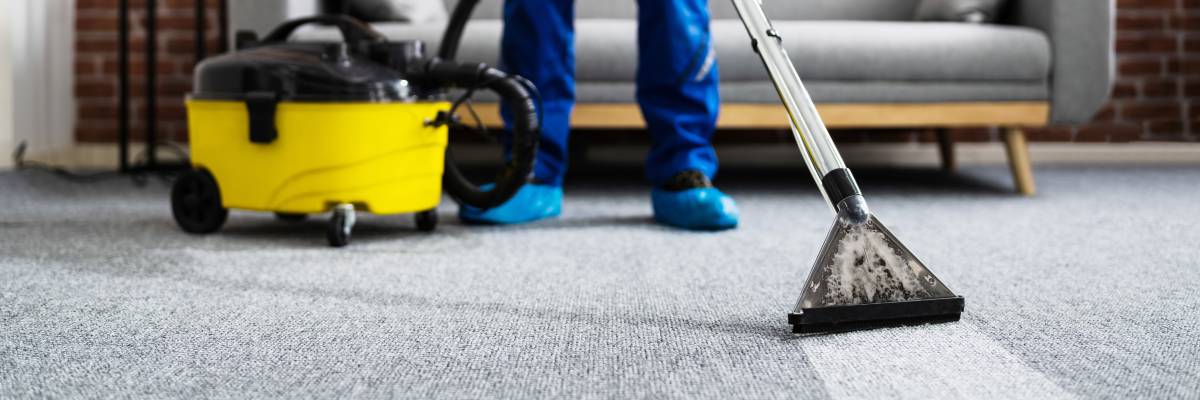
How to become a housekeeper
Read more
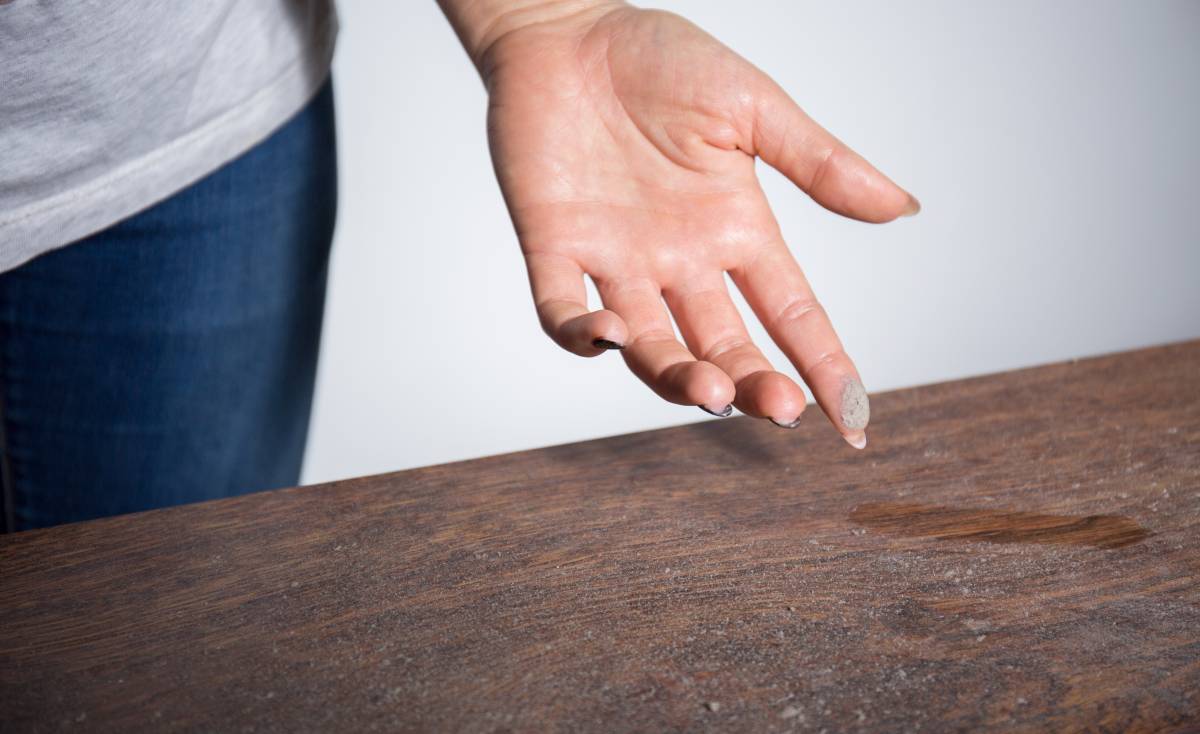
How to get rid of dust in your home
Read more

How to clean a duster
Read more
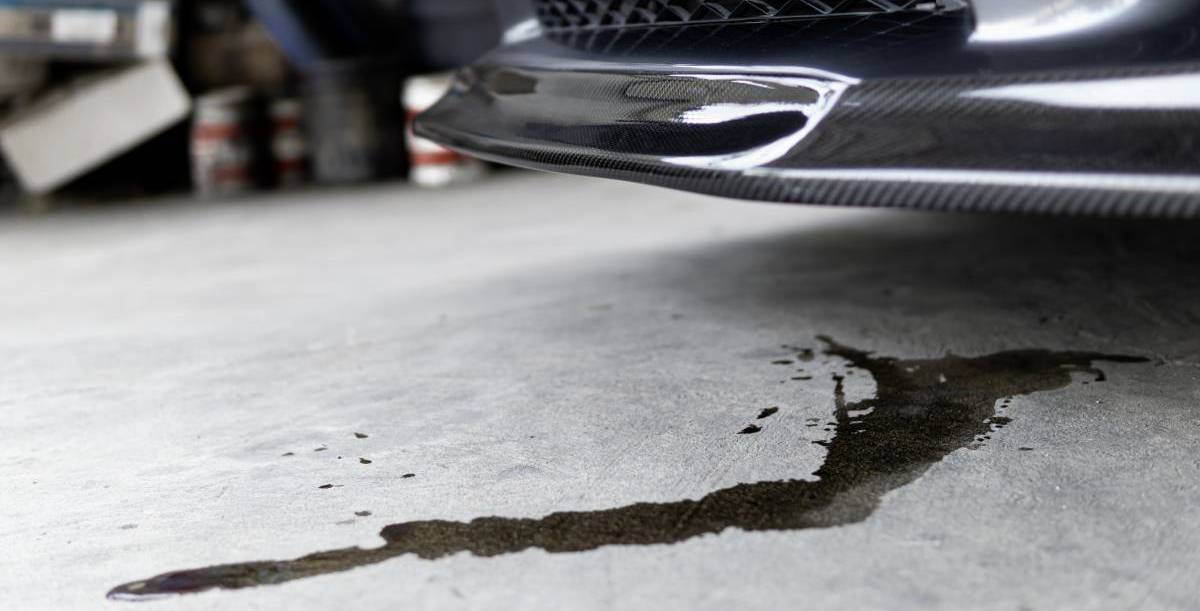
How to clean a garage floor
Read more

The ultimate spring cleaning checklist
Read more
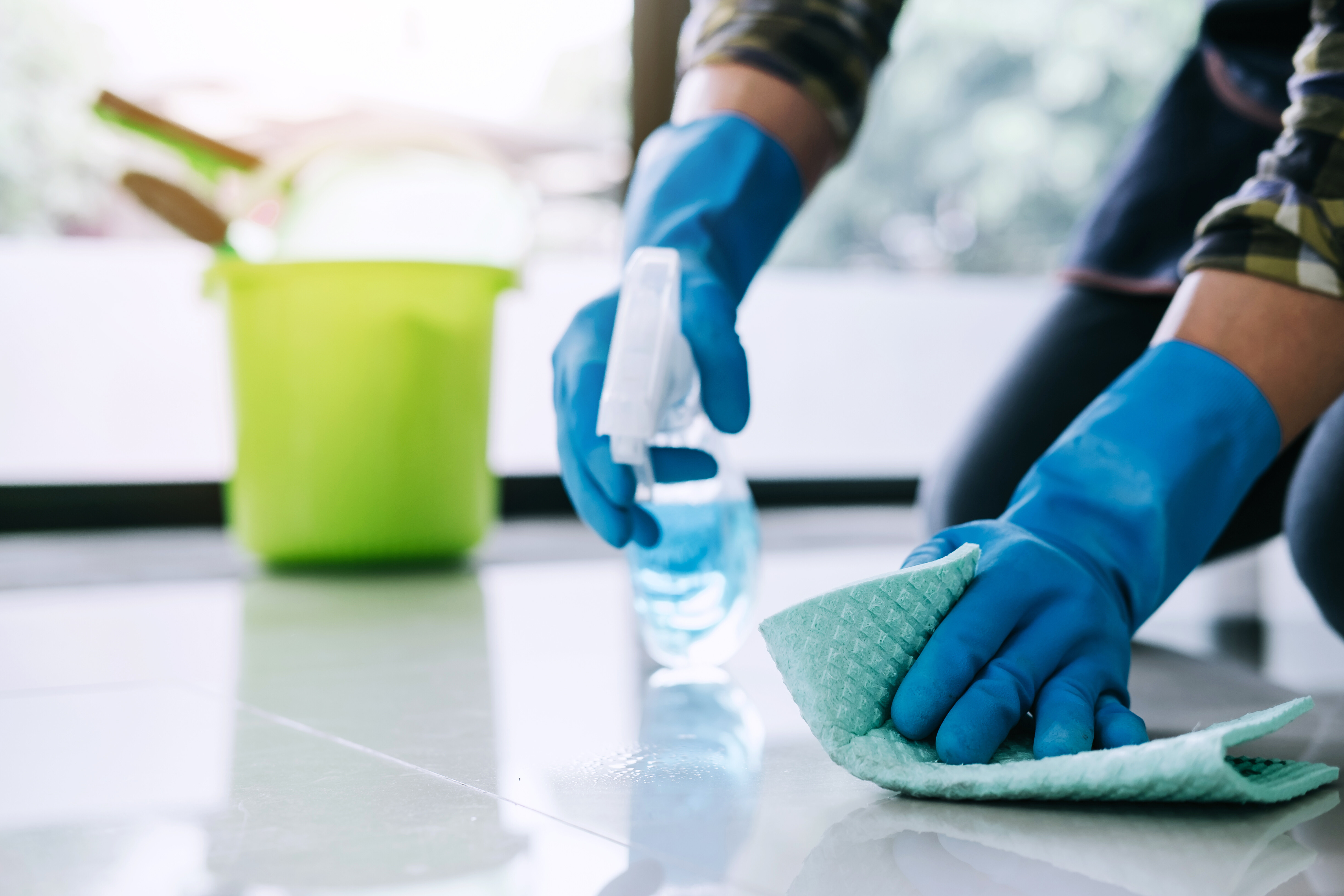
End of lease cleaning checklist
Read more
Related price pages

How much does tile cleaning cost?
Read more

How much does a cleaner cost?
Read more

How much does office cleaning cost?
Read more

How much does attic cleaning cost?
Read more
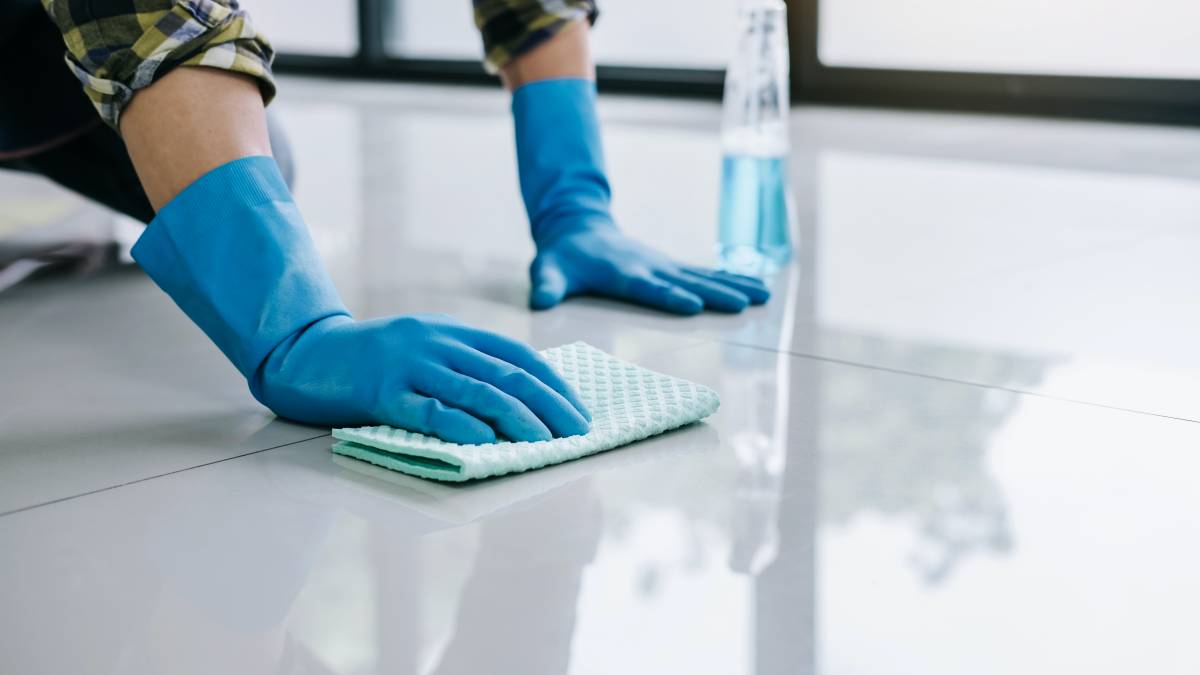
How much does floor cleaning cost?
Read more

How much does blind cleaning cost?
Read more
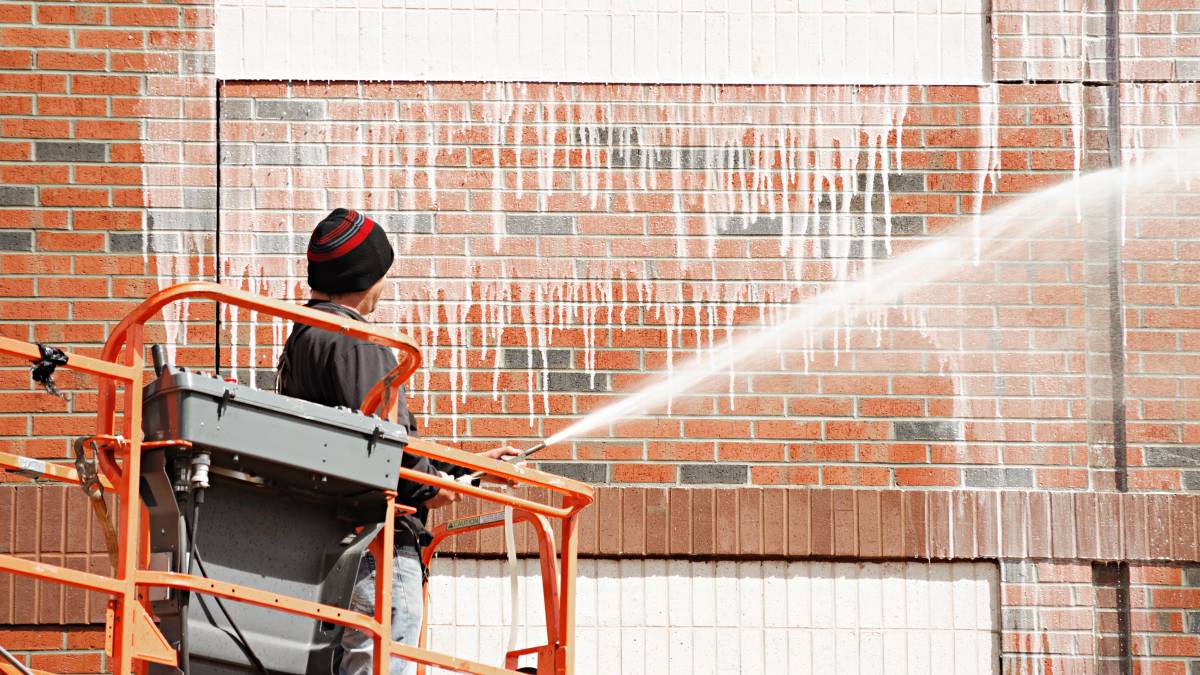
How much does brick cleaning cost?
Read more
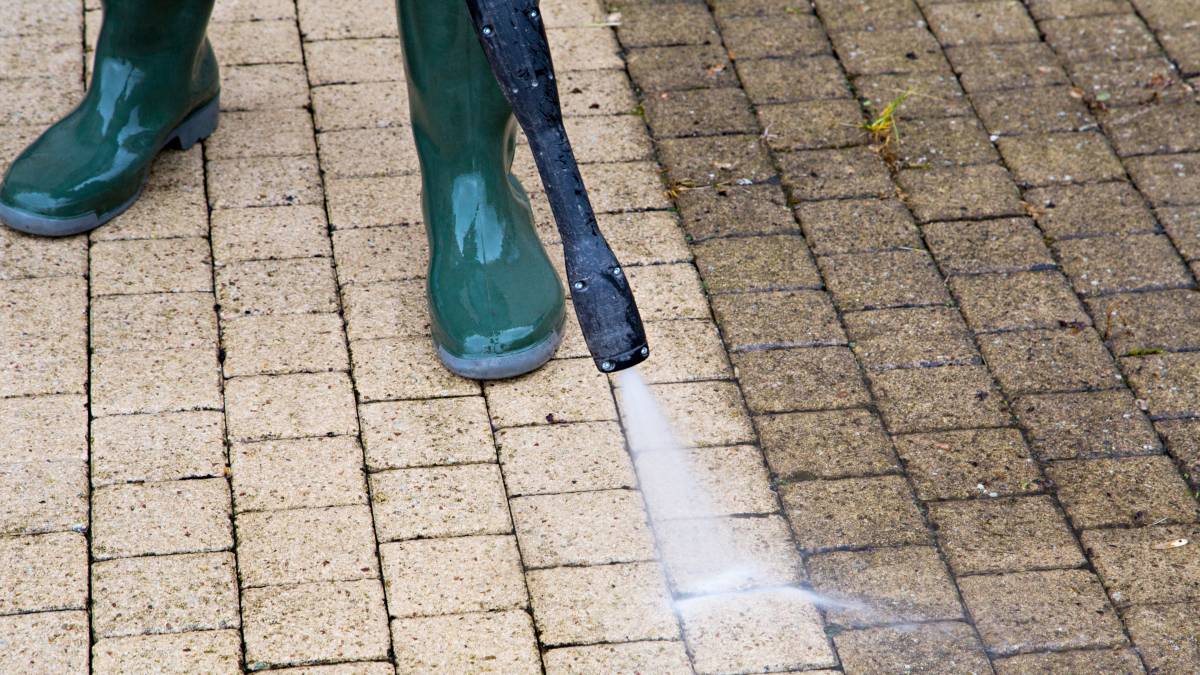
Pressure washing prices in Australia
Read more

